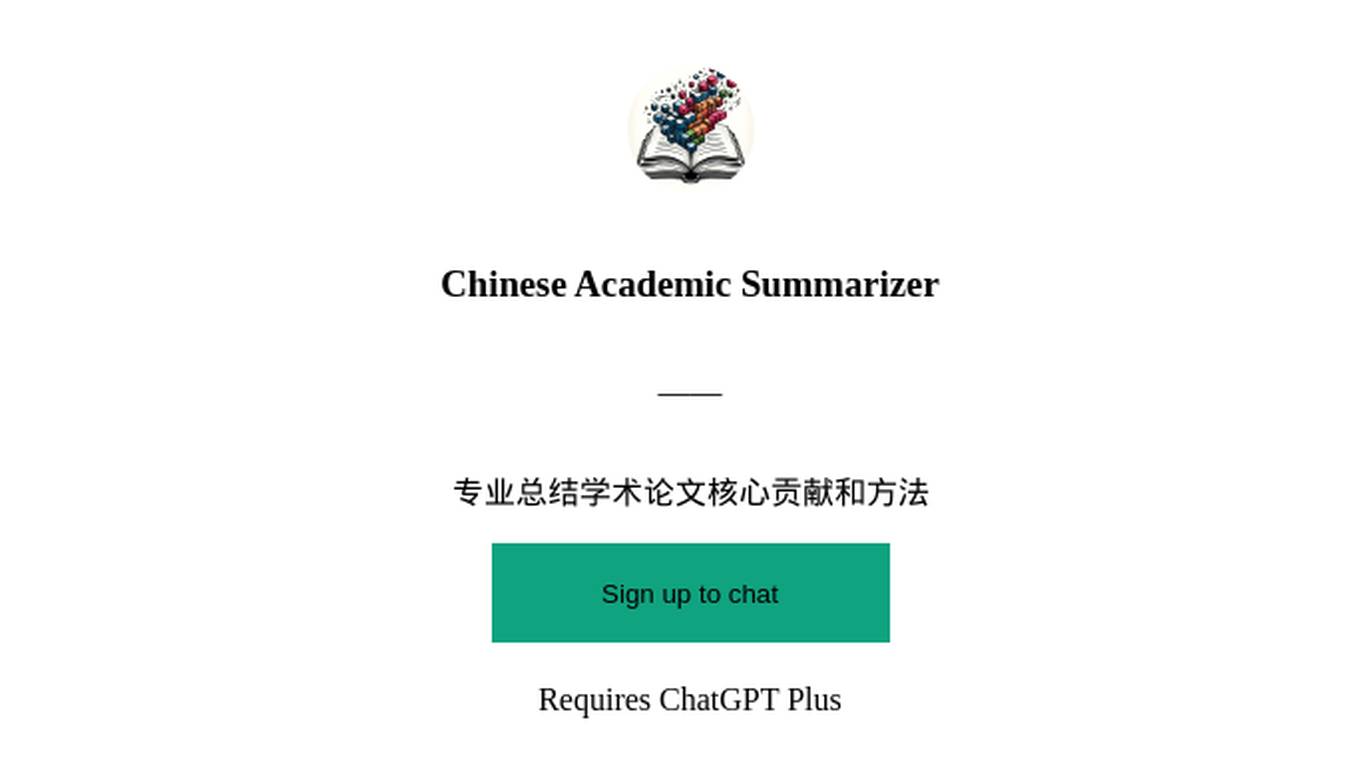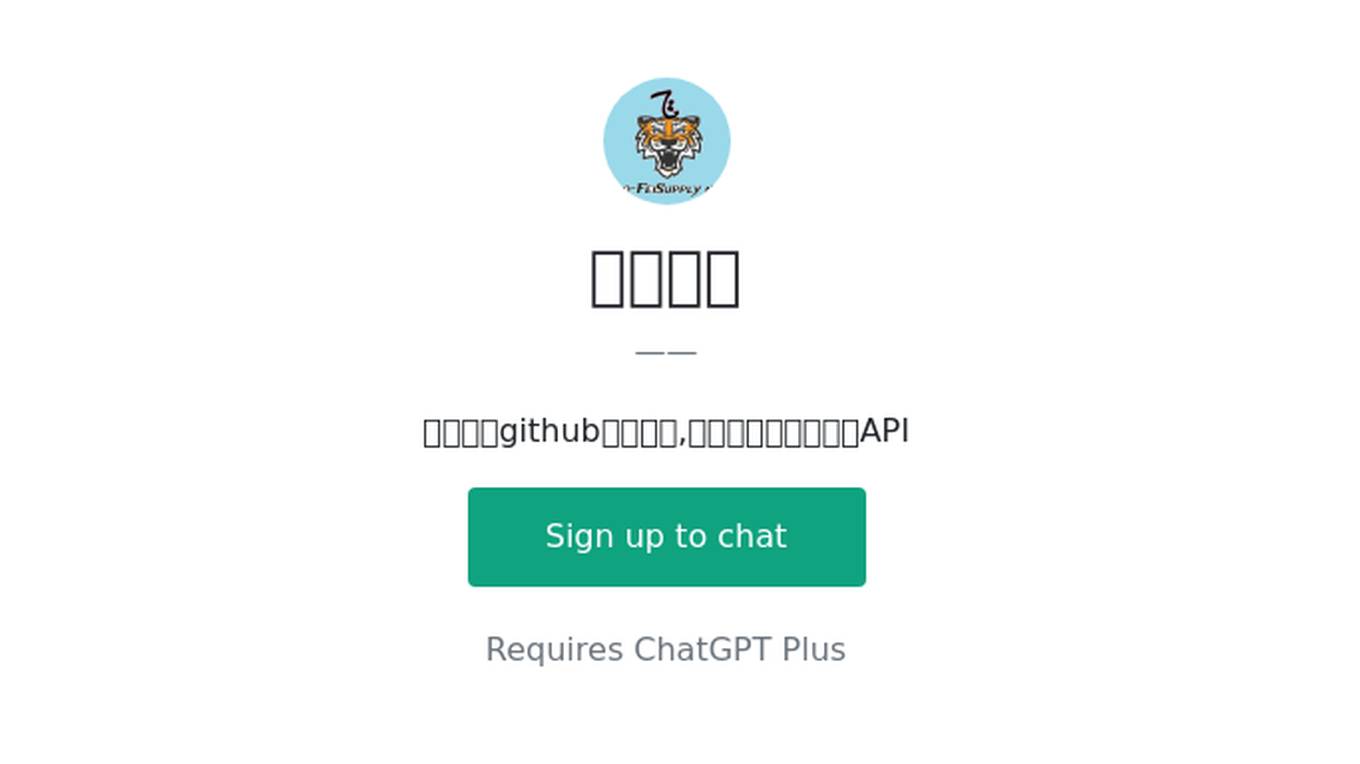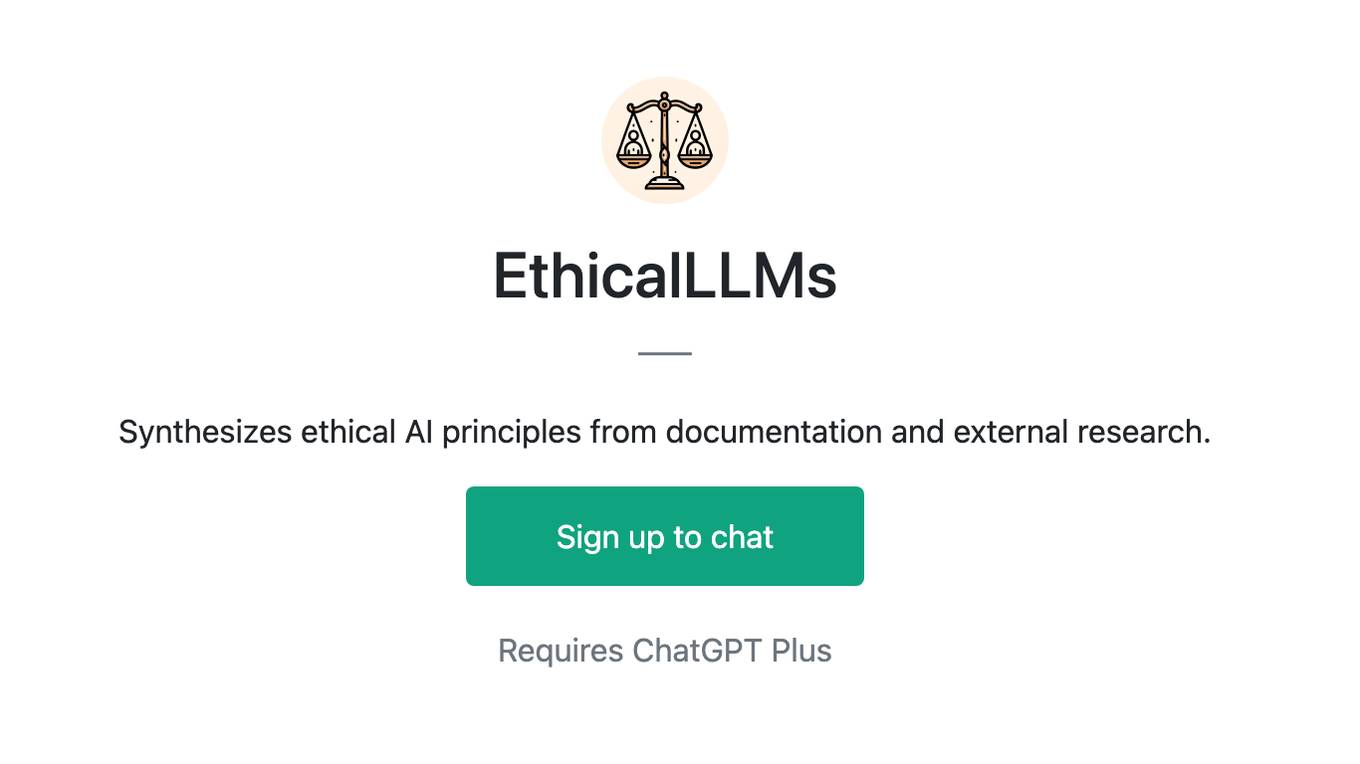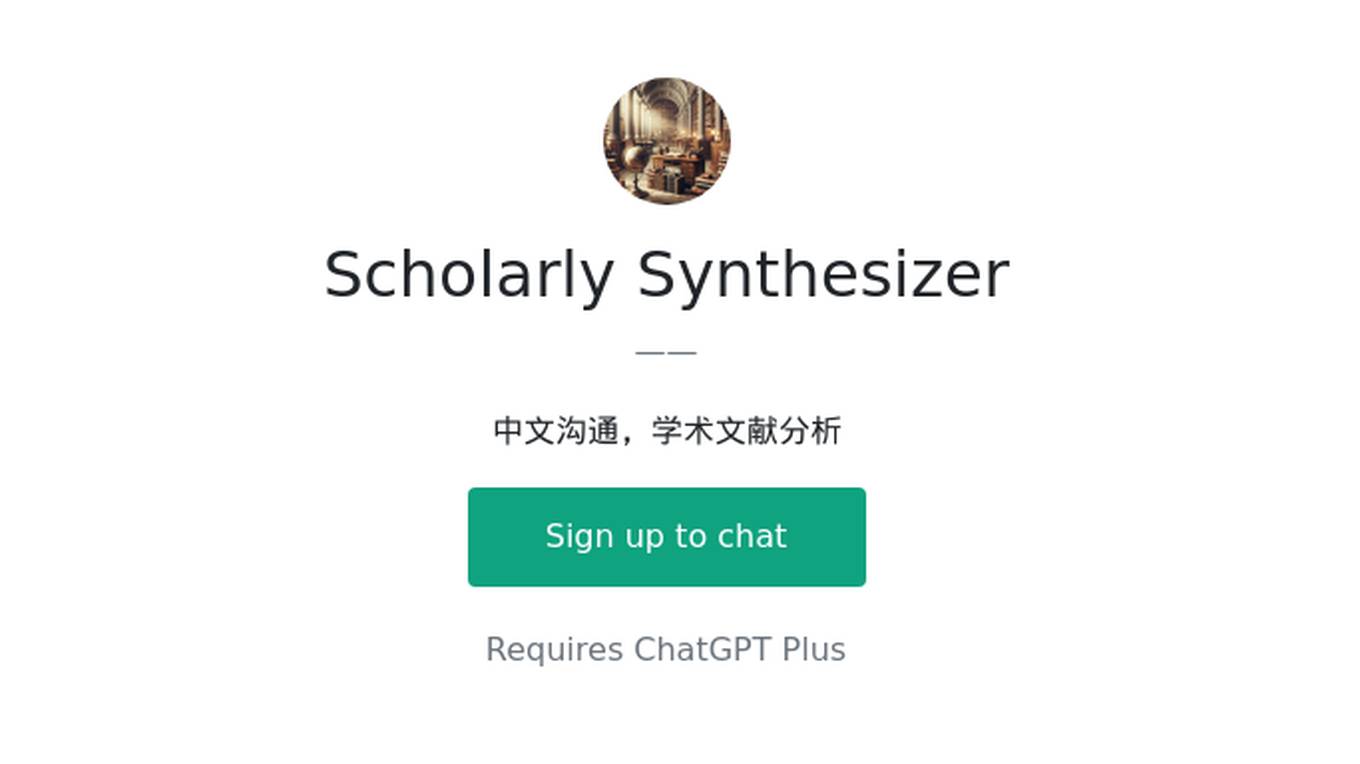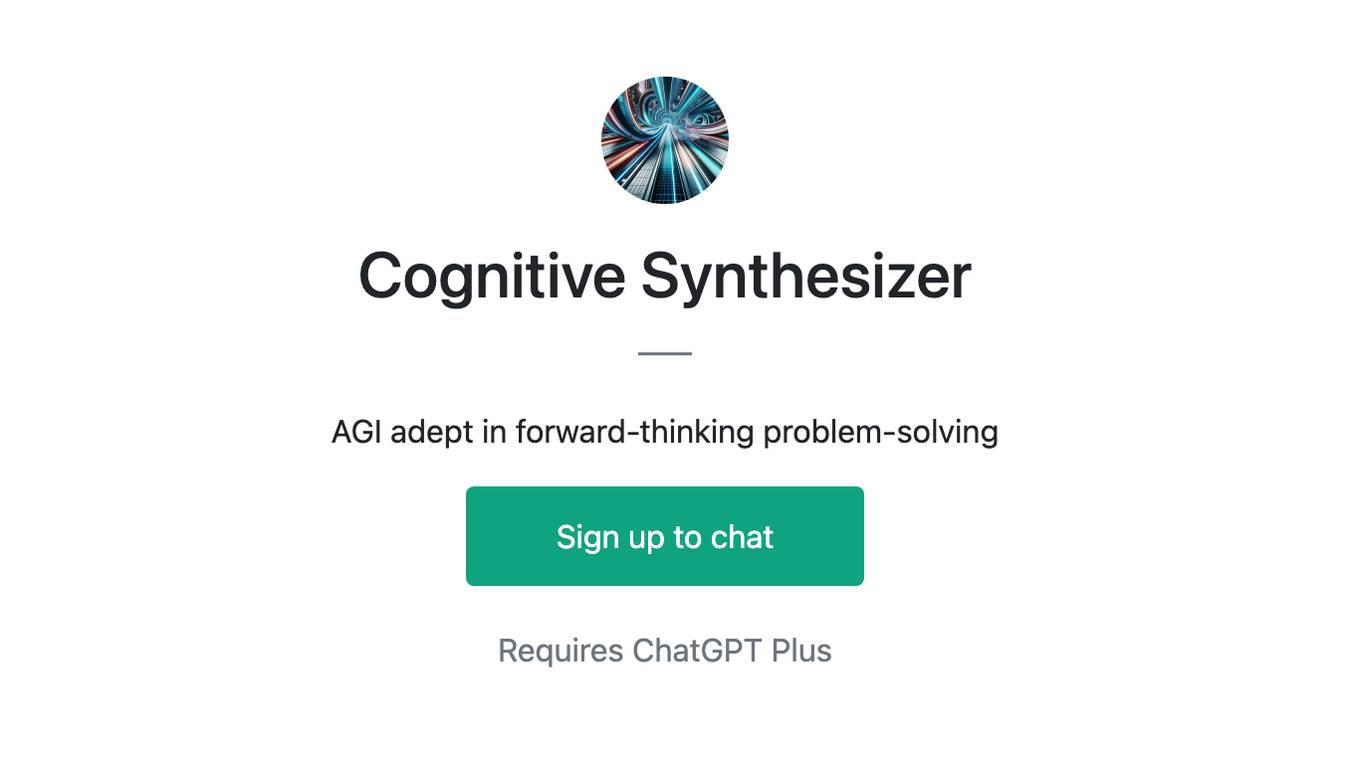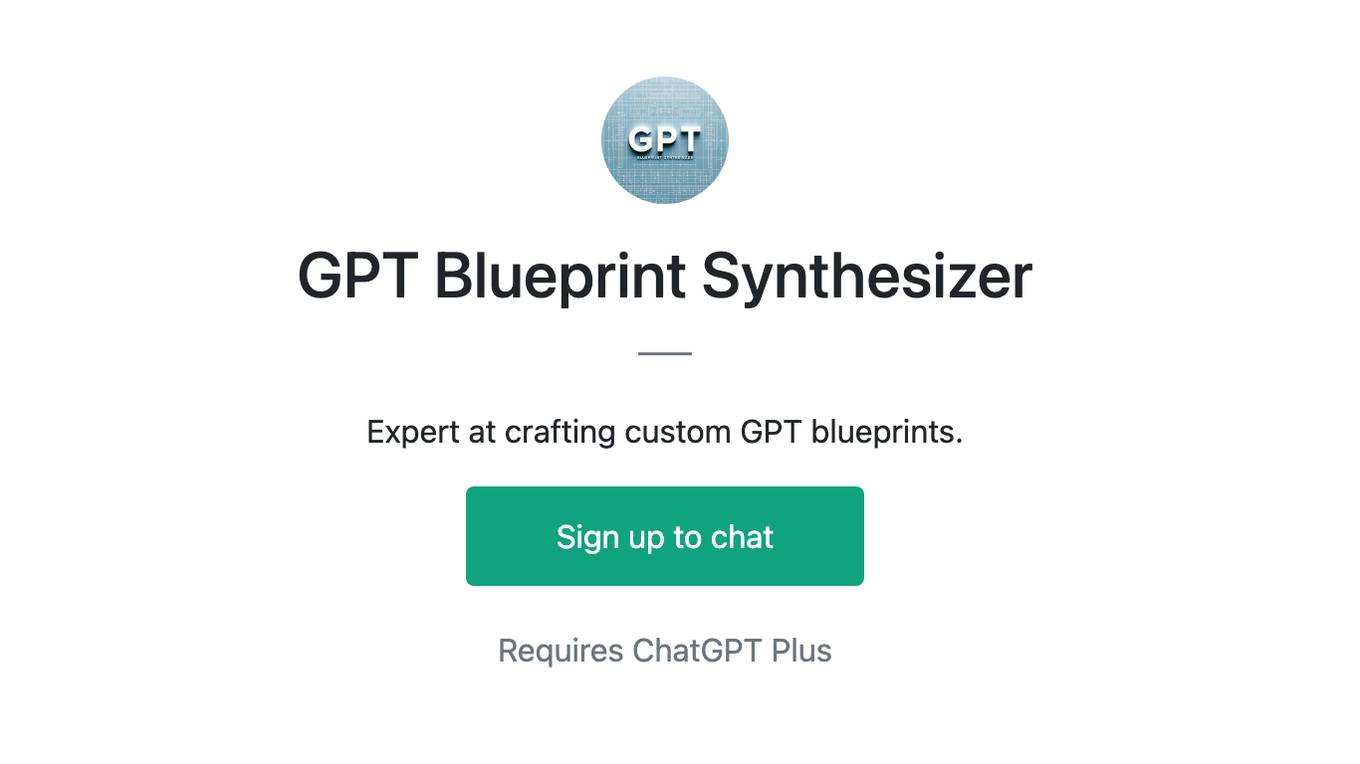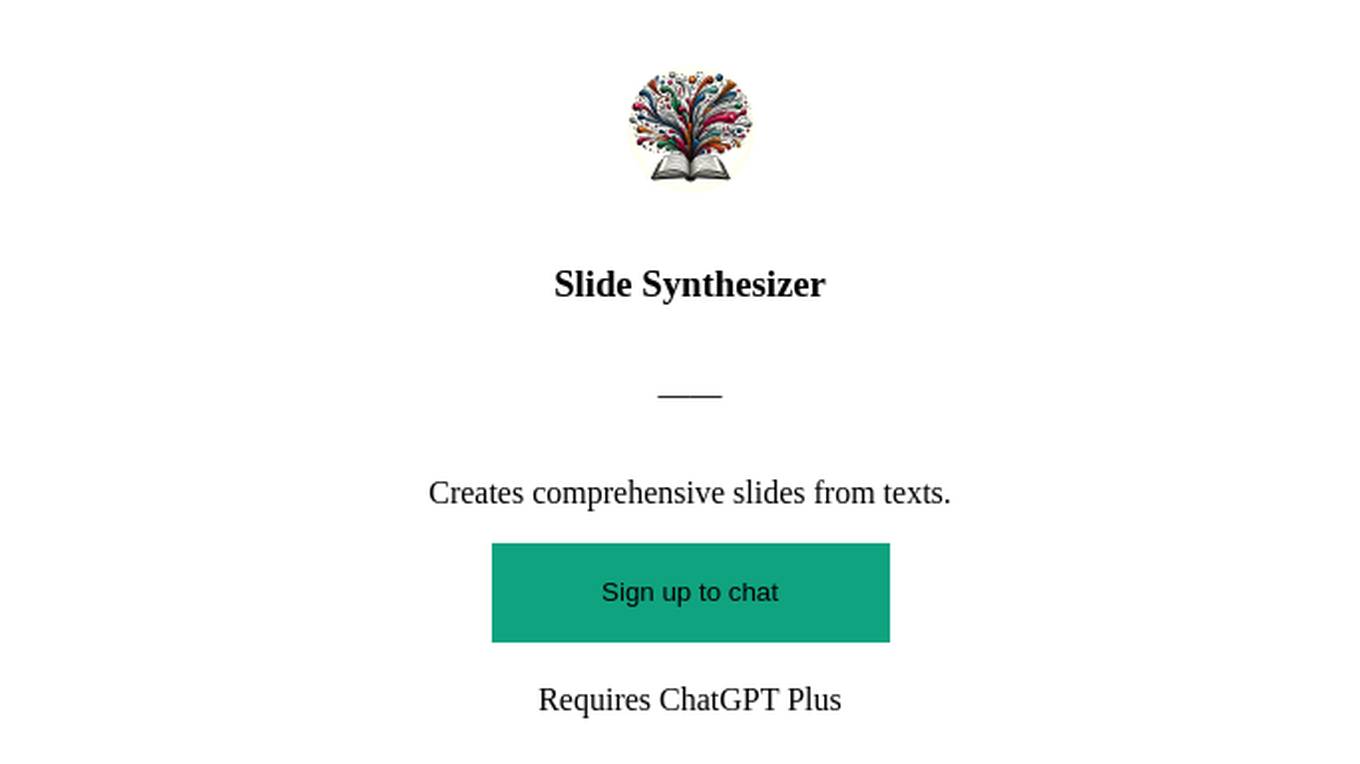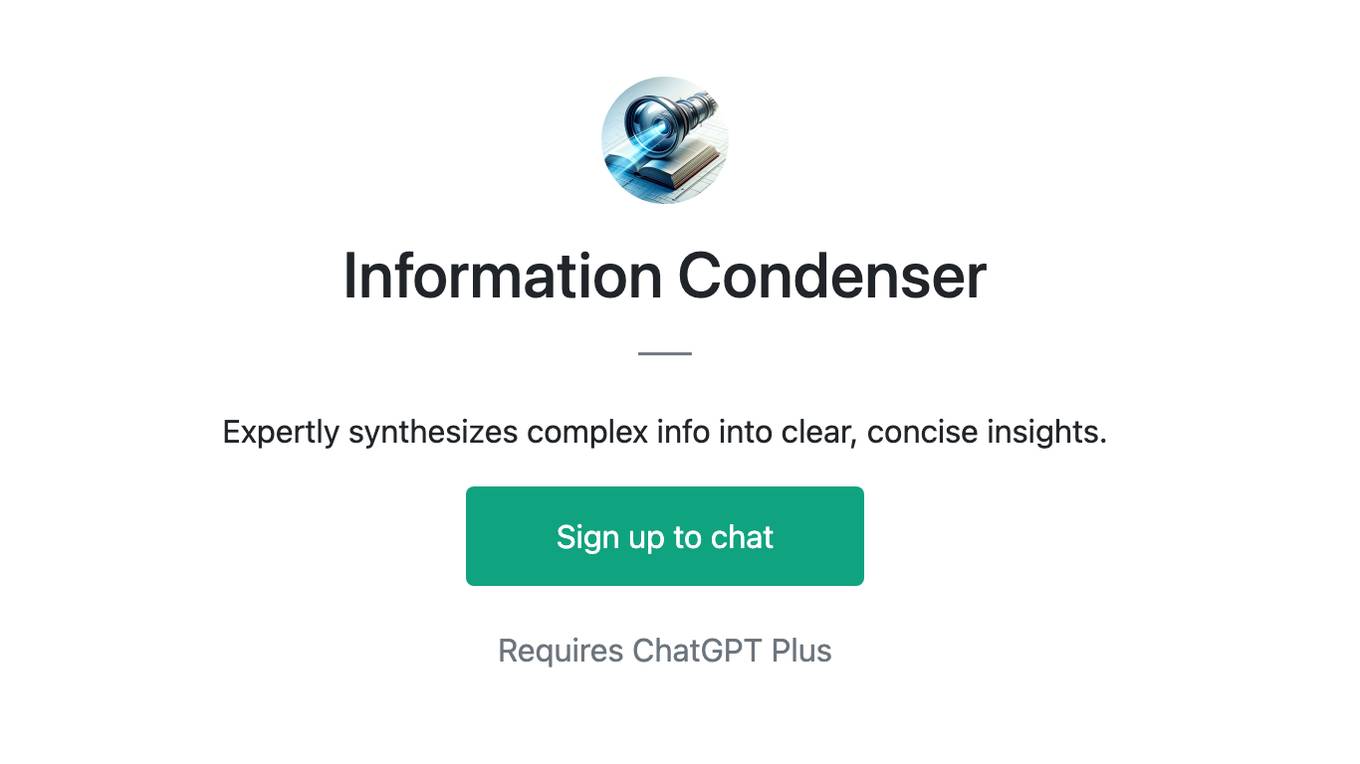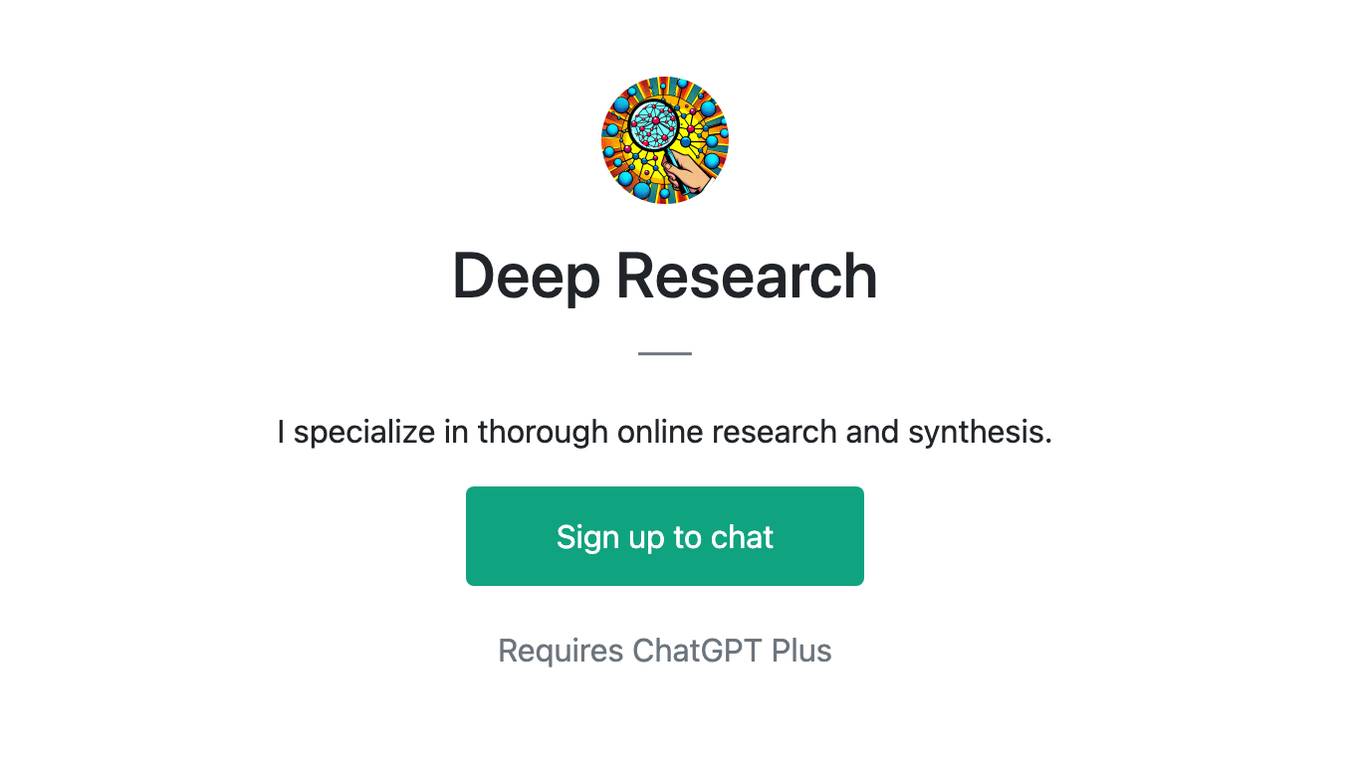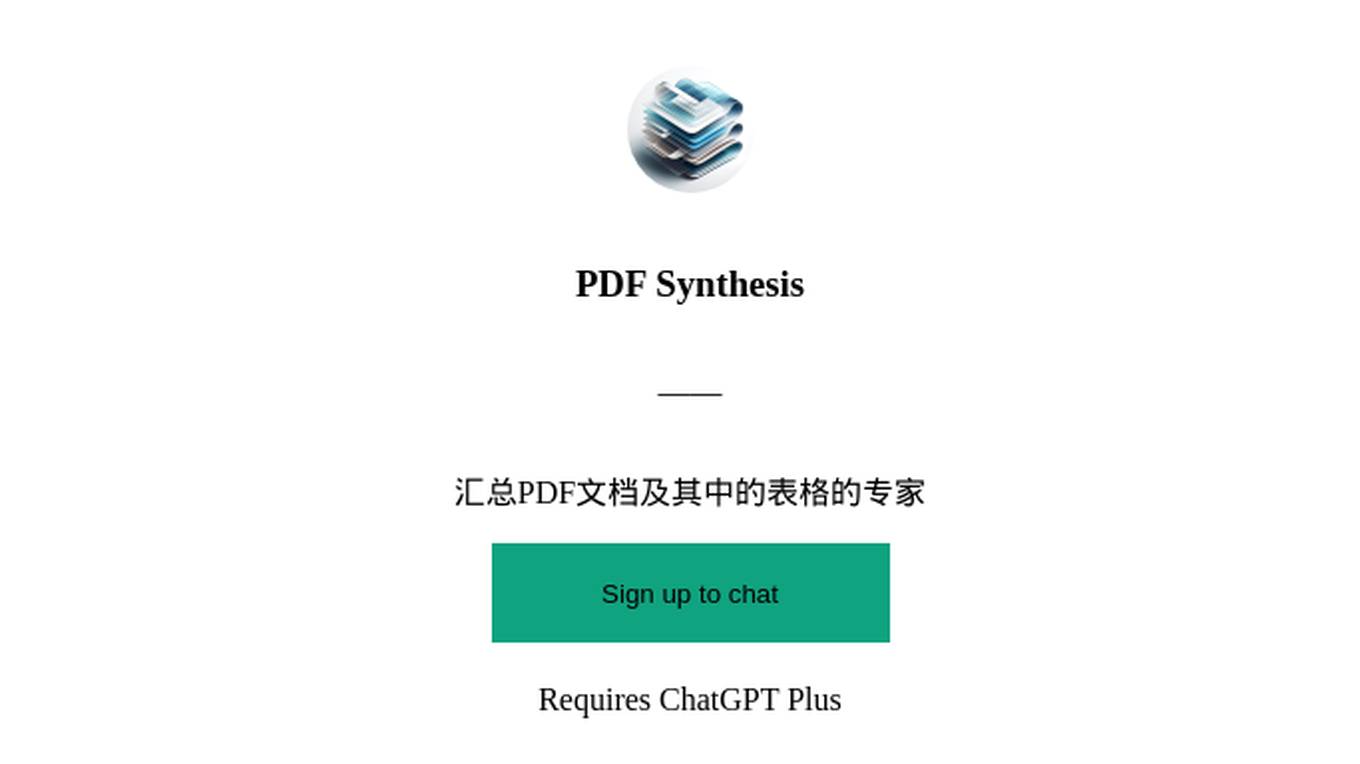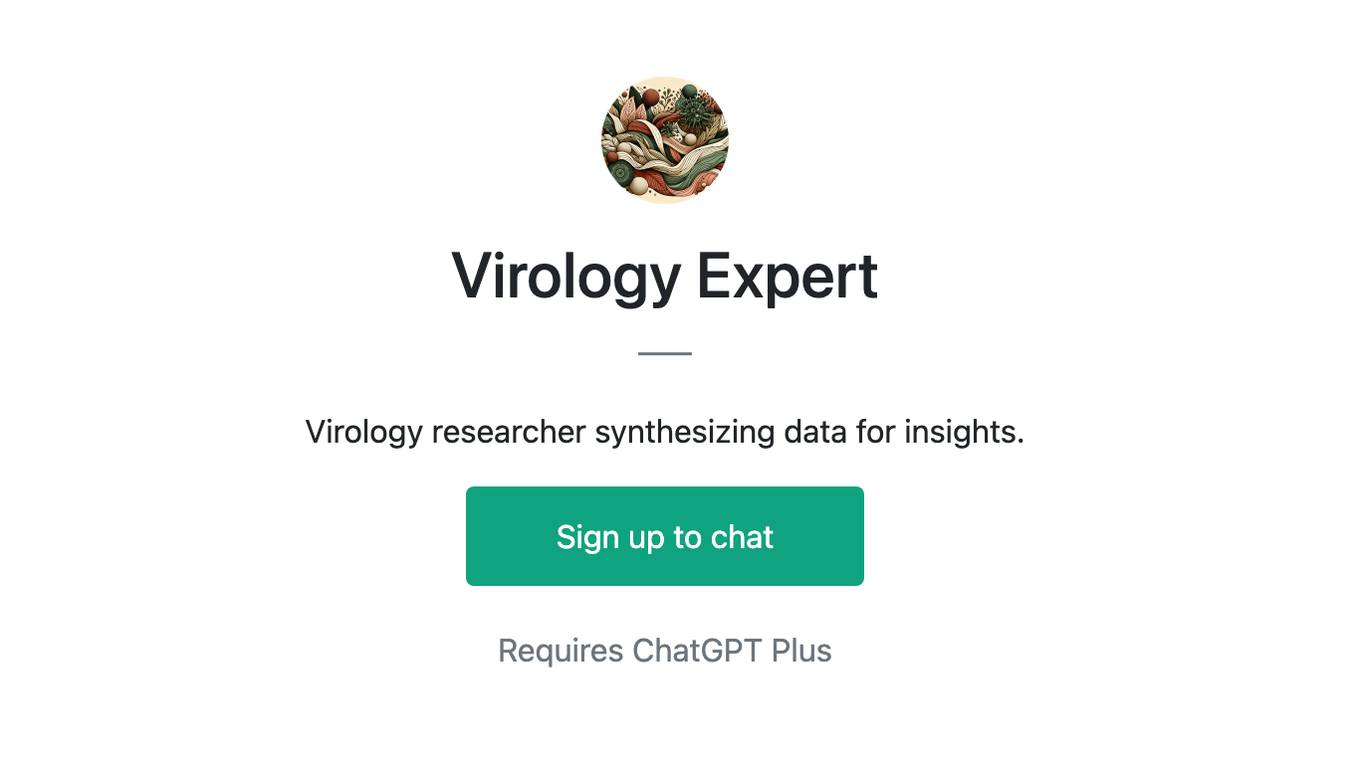Best AI tools for< Synthesize Research >
20 - AI tool Sites
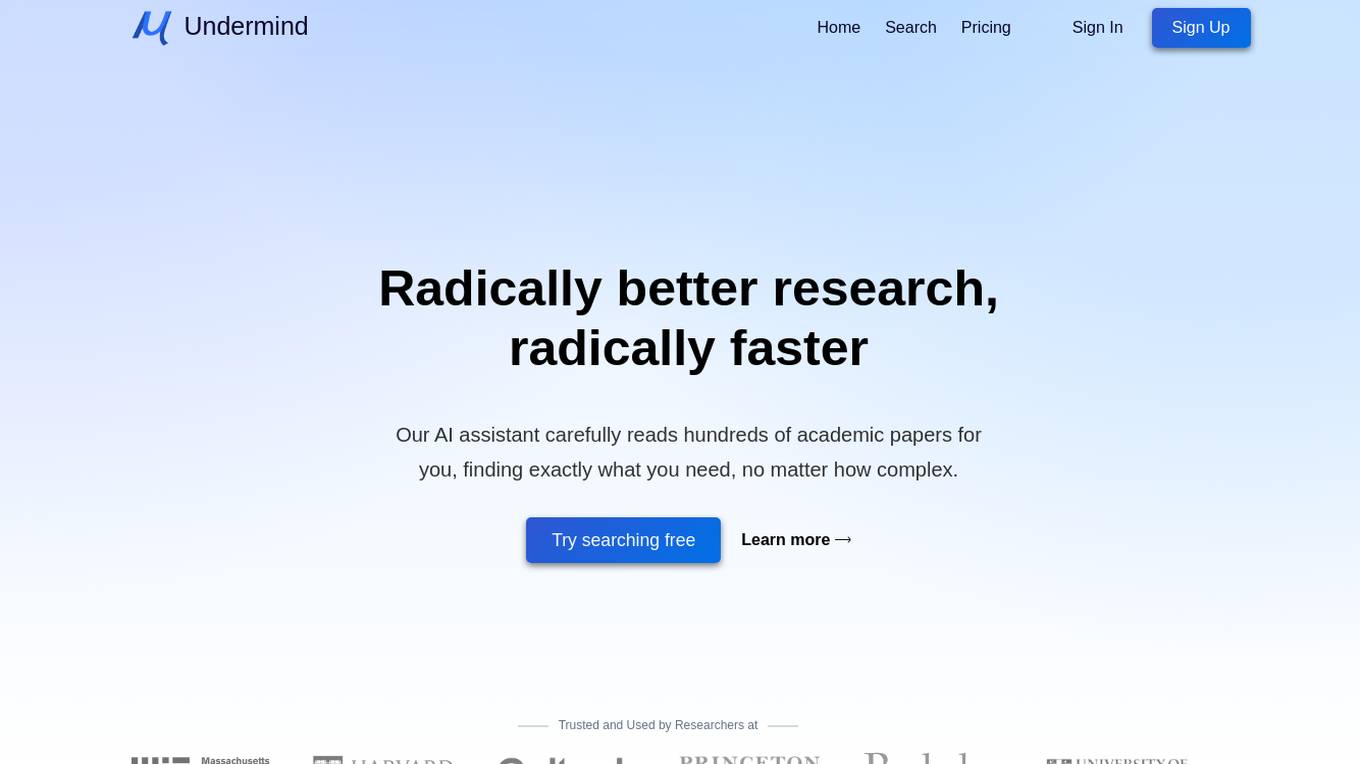
Undermind
Undermind is an AI-powered scientific research assistant that revolutionizes the way researchers access and analyze academic papers. By utilizing intelligent language models, Undermind reads and synthesizes information from hundreds of papers to provide accurate and comprehensive results. Researchers can describe their queries in natural language, and Undermind assists in finding relevant papers, brainstorming questions, and discovering crucial insights. Trusted by researchers across various fields, Undermind offers a unique approach to literature search, surpassing traditional search engines in accuracy and efficiency.
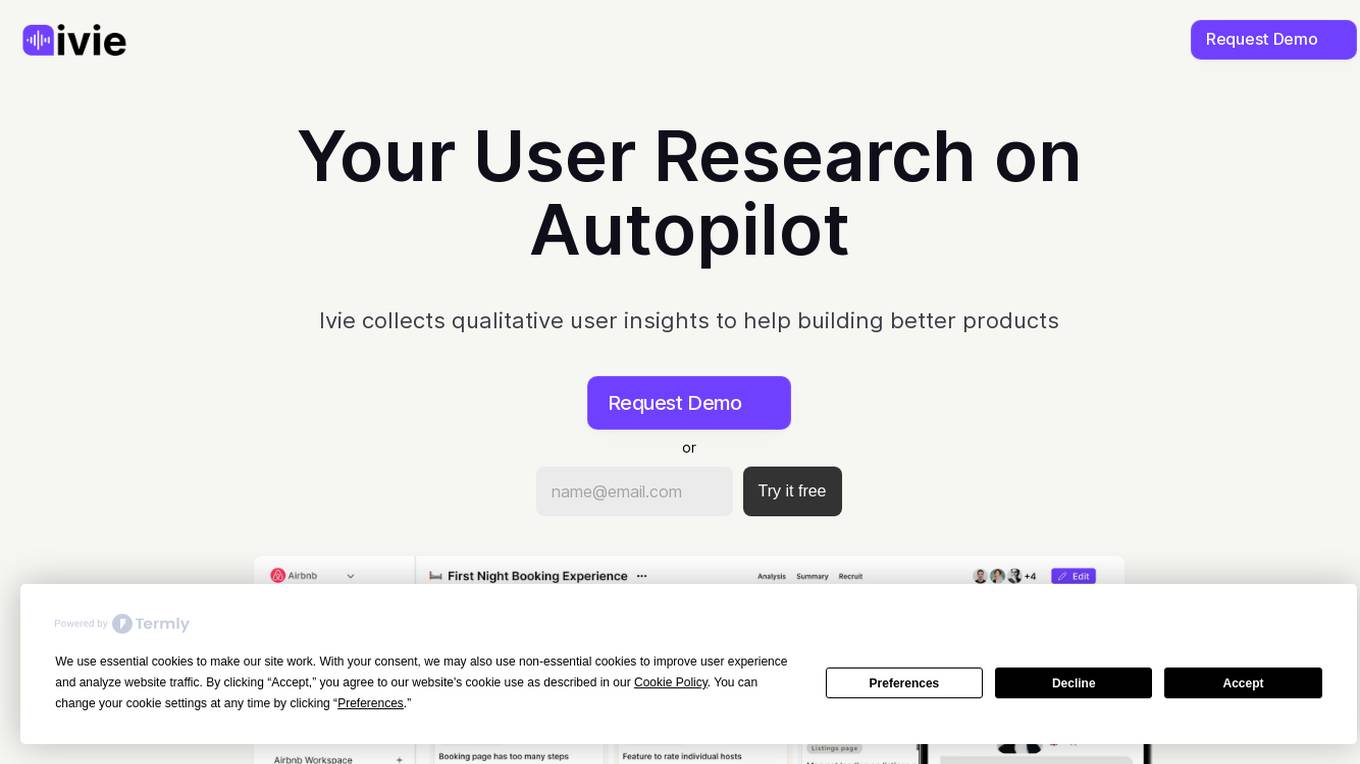
Ivie
Ivie is an AI-powered user research tool that automates the collection and analysis of qualitative user insights to help product teams build better products. It offers features such as AI-powered insights, processed user insights, in-depth analysis, automated follow-up questions, multilingual support, and more. Ivie provides advantages like human-like conversations, scalable surveys, customizable AI researchers, quick research setup, and multiple question types. However, it has disadvantages such as limited customization options, potential language barriers, and the need for user training. The frequently asked questions cover topics like supported research types, data security, multilingual research, and research findings presentation. Ivie is suitable for jobs related to user research, product development, customer satisfaction analysis, market research, and concept testing. The application can be used for tasks like conducting customer interviews, analyzing user feedback, creating surveys, synthesizing research findings, and building user personas.
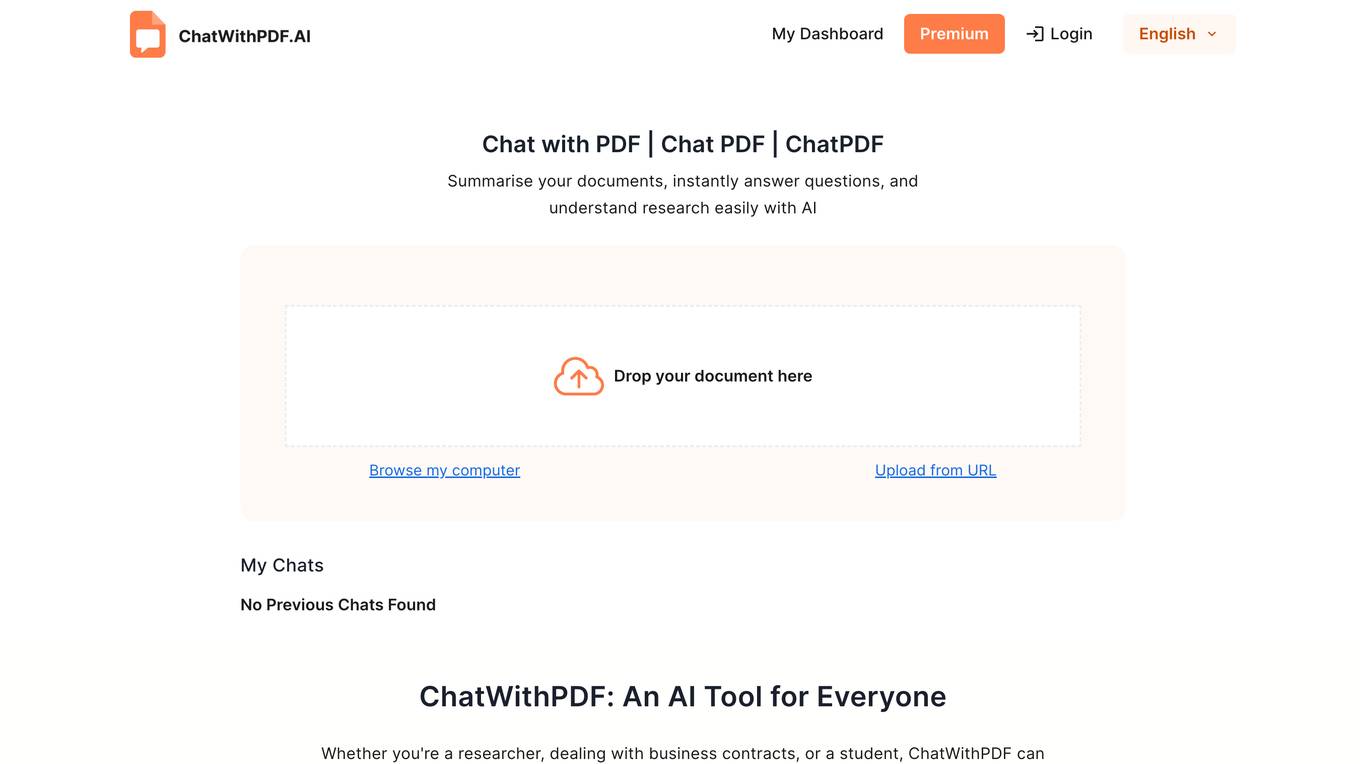
PaperGuide.AI
PaperGuide.AI is an AI-powered research platform that helps users discover, read, write, and manage research with ease. It offers features such as AI search to discover new papers, summaries to understand complex research, reference management, note-taking, and AI writing assistance. Trusted by over 500,000 users, PaperGuide.AI streamlines academic and research workflows by providing tools to synthesize research faster, manage references effectively, and write essays and research papers efficiently.
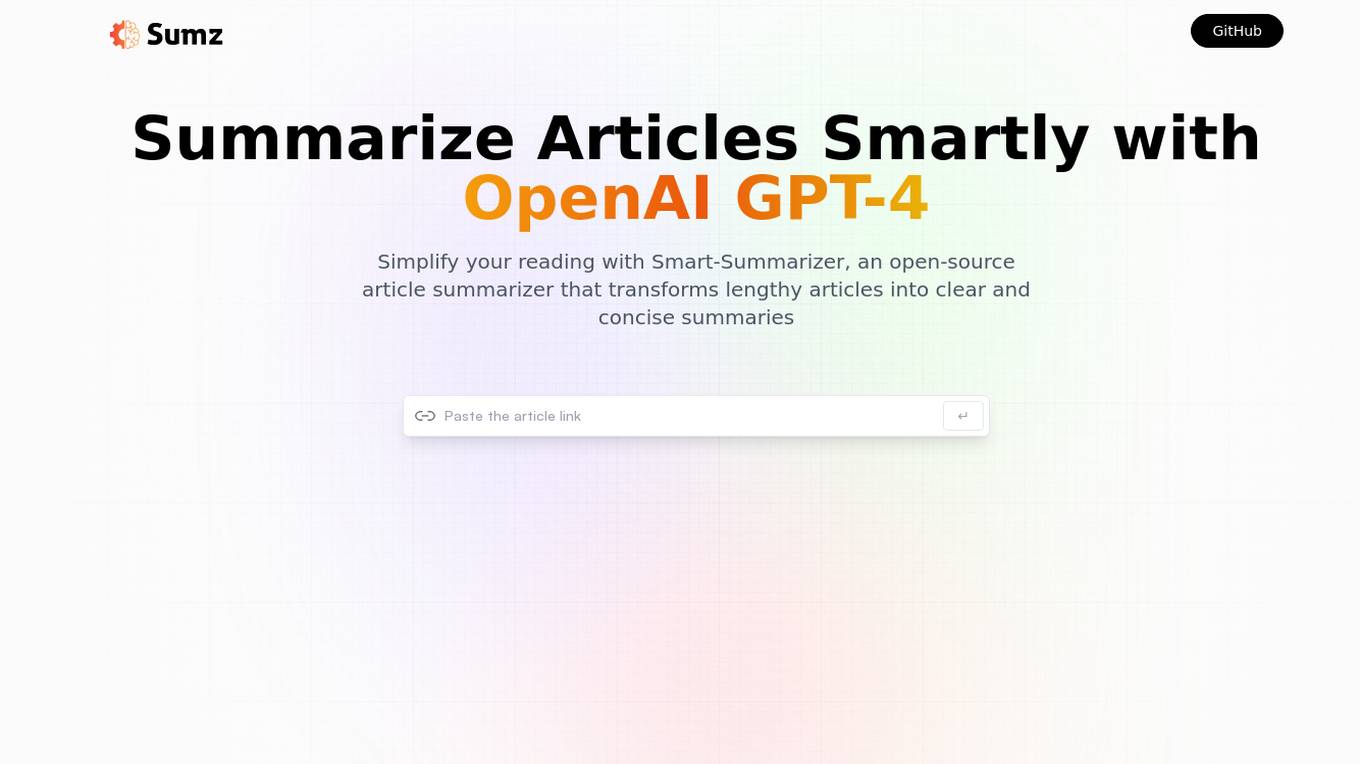
Smart-Summarizer
Smart-Summarizer is a powerful AI-powered tool that helps you summarize text quickly and easily. With its advanced algorithms, Smart-Summarizer can automatically extract the most important points from any piece of text, creating a concise and informative summary in seconds. Whether you're a student trying to condense your notes, a researcher needing to synthesize complex information, or a professional looking to save time on reading lengthy documents, Smart-Summarizer is the perfect tool for you.
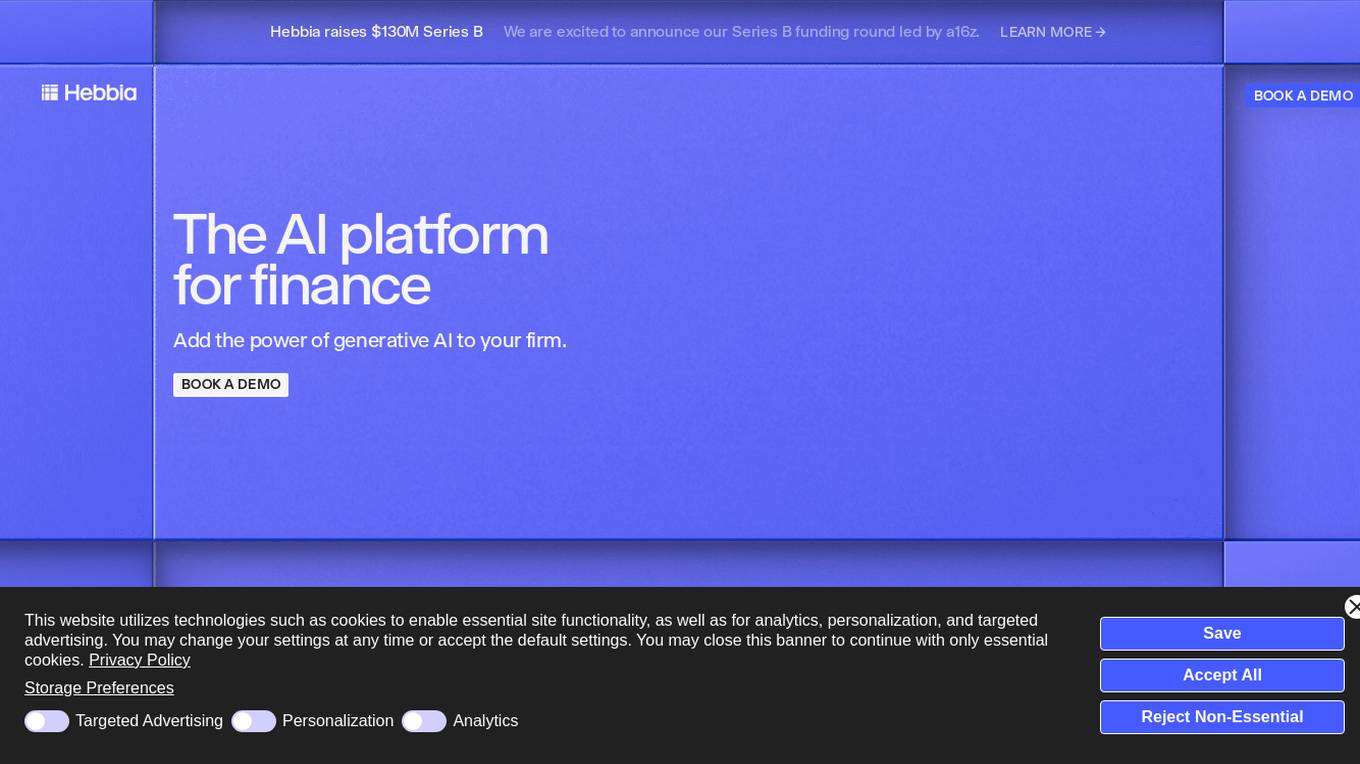
Hebbia
Hebbia is an AI platform designed for finance professionals to add the power of generative AI to their firms. It allows users to explore thousands of use cases in legal, credit advisory, corporate consulting, real estate, and asset management. Hebbia synthesizes information into actionable insights, systematizes research workflows, automates tasks like quarterly earnings review and legal document analysis, and is trusted by large global institutions for its enterprise security features.
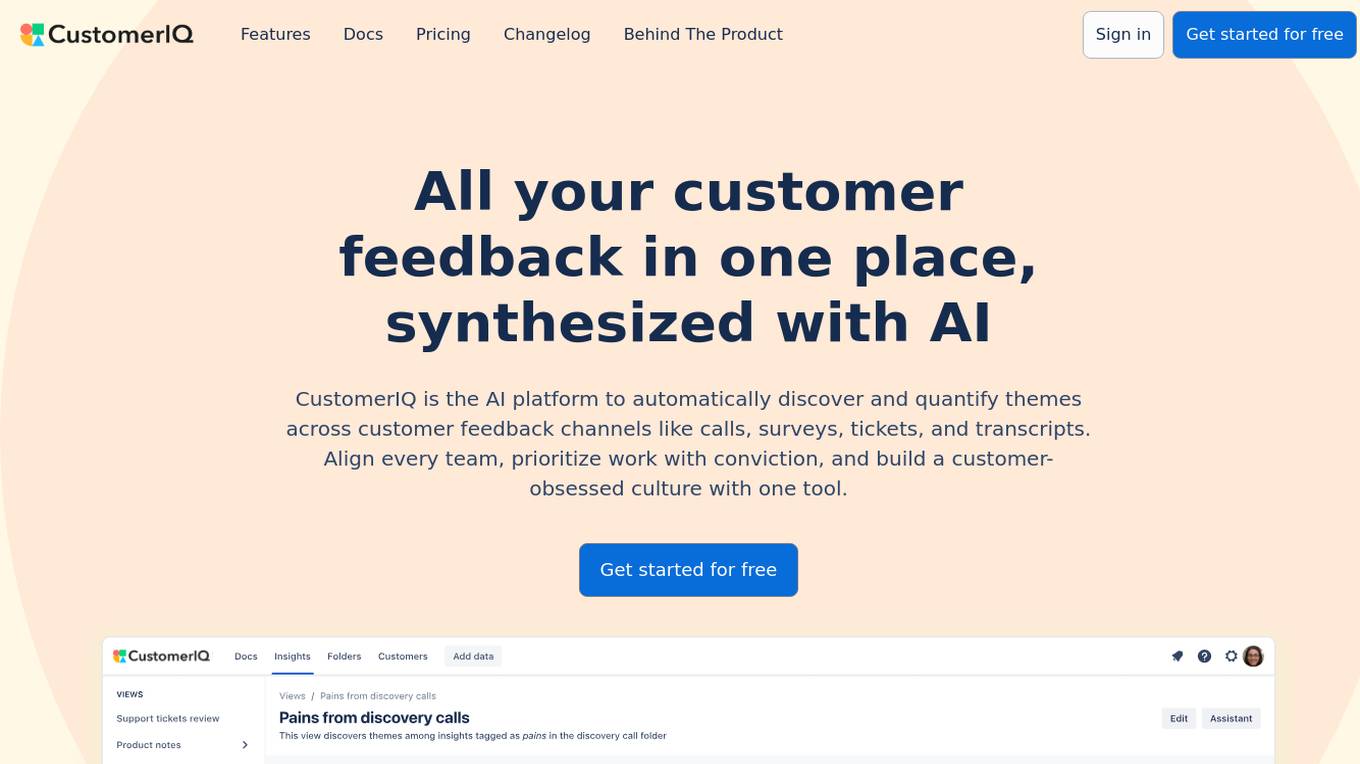
CustomerIQ
CustomerIQ is an AI platform that automatically discovers and quantifies themes across customer feedback channels like calls, surveys, tickets, and transcripts. It aggregates customer feedback, extracts and categorizes feature requests, pain points, preferences, and highlights related to customers. The platform helps align teams, prioritize work, and build a customer-obsessed culture. CustomerIQ accelerates development by scoping project requirements faster and providing actionable insights backed with context.

System Pro
System Pro is a cutting-edge platform that revolutionizes the way users conduct research, particularly in the fields of health and life sciences. It offers a fast and dependable method to discover, combine, and place scientific research in context. By leveraging advanced technology, System Pro enhances the efficiency and effectiveness of research processes, empowering users to access valuable insights with ease.
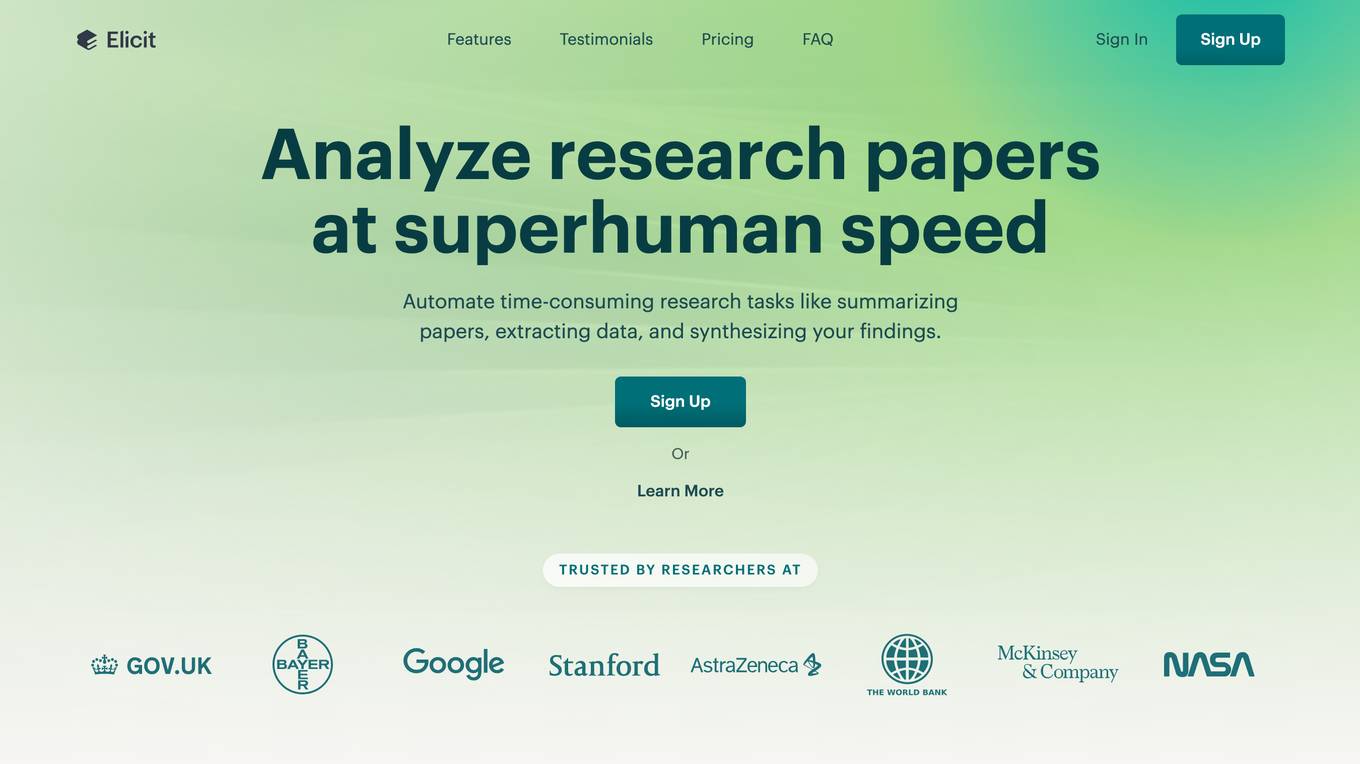
Elicit
Elicit is a research tool that uses artificial intelligence to help researchers analyze research papers more efficiently. It can summarize papers, extract data, and synthesize findings, saving researchers time and effort. Elicit is used by over 800,000 researchers worldwide and has been featured in publications such as Nature and Science. It is a powerful tool that can help researchers stay up-to-date on the latest research and make new discoveries.
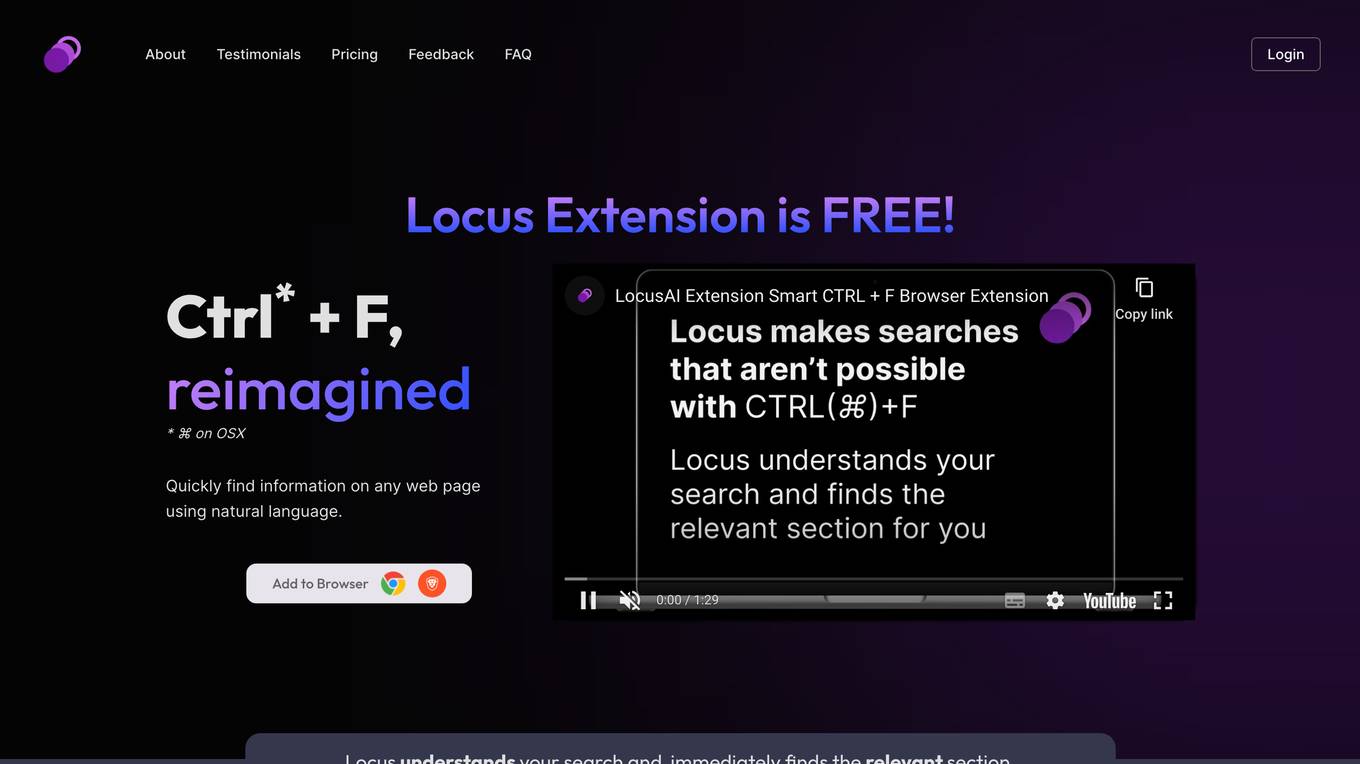
Locus
Locus is a free browser extension that uses natural language processing to help users quickly find information on any web page. It allows users to search for specific terms or concepts using natural language queries, and then instantly jumps to the relevant section of the page. Locus also integrates with AI-powered tools such as GPT-3.5 to provide additional functionality, such as summarizing text and generating code. With Locus, users can save time and improve their productivity when reading and researching online.
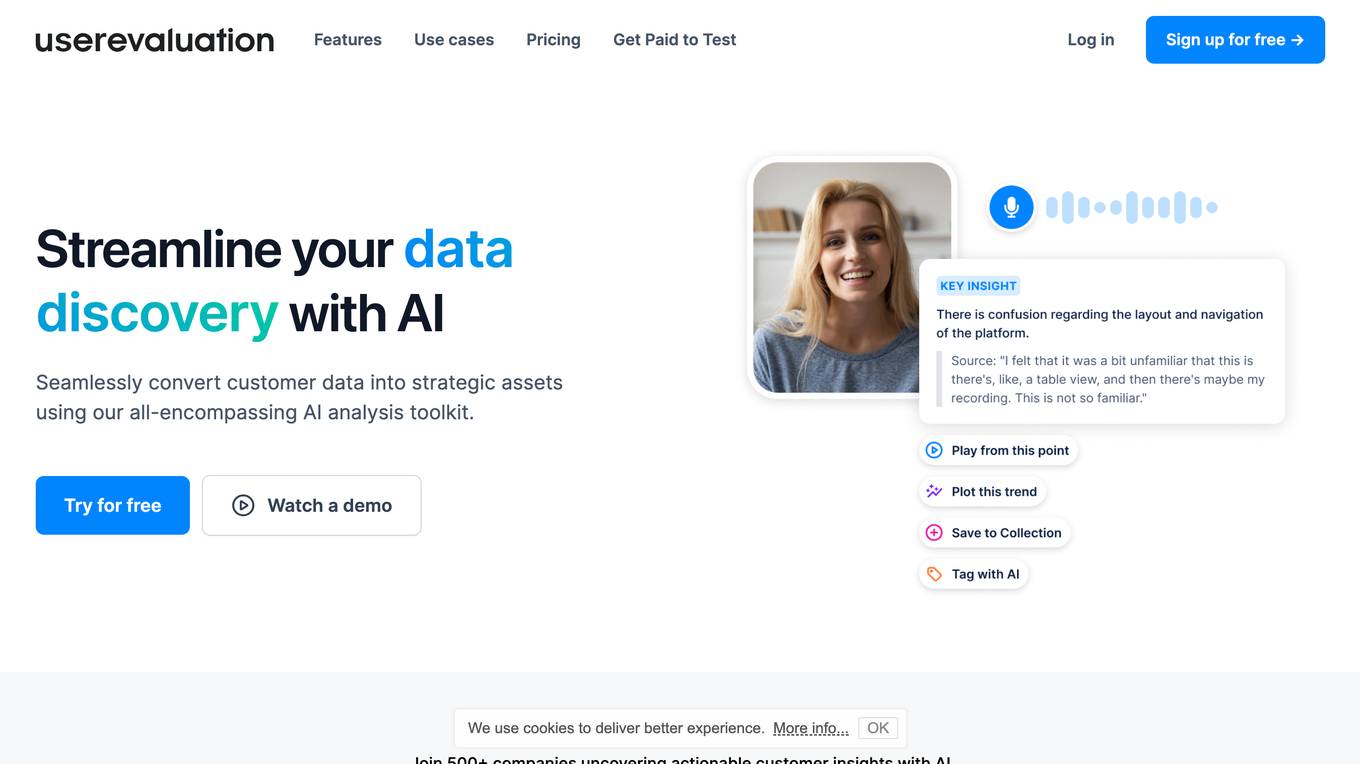
User Evaluation
User Evaluation is an AI-first user research platform that leverages AI technology to provide instant insights, comprehensive reports, and on-demand answers to enhance customer research. The platform offers features such as AI-driven data analysis, multilingual transcription, live timestamped notes, AI reports & presentations, and multimodal AI chat. User Evaluation empowers users to analyze qualitative and quantitative data, synthesize AI-generated recommendations, and ensure data security through encryption protocols. It is designed for design agencies, product managers, founders, and leaders seeking to accelerate innovation and shape exceptional product experiences.
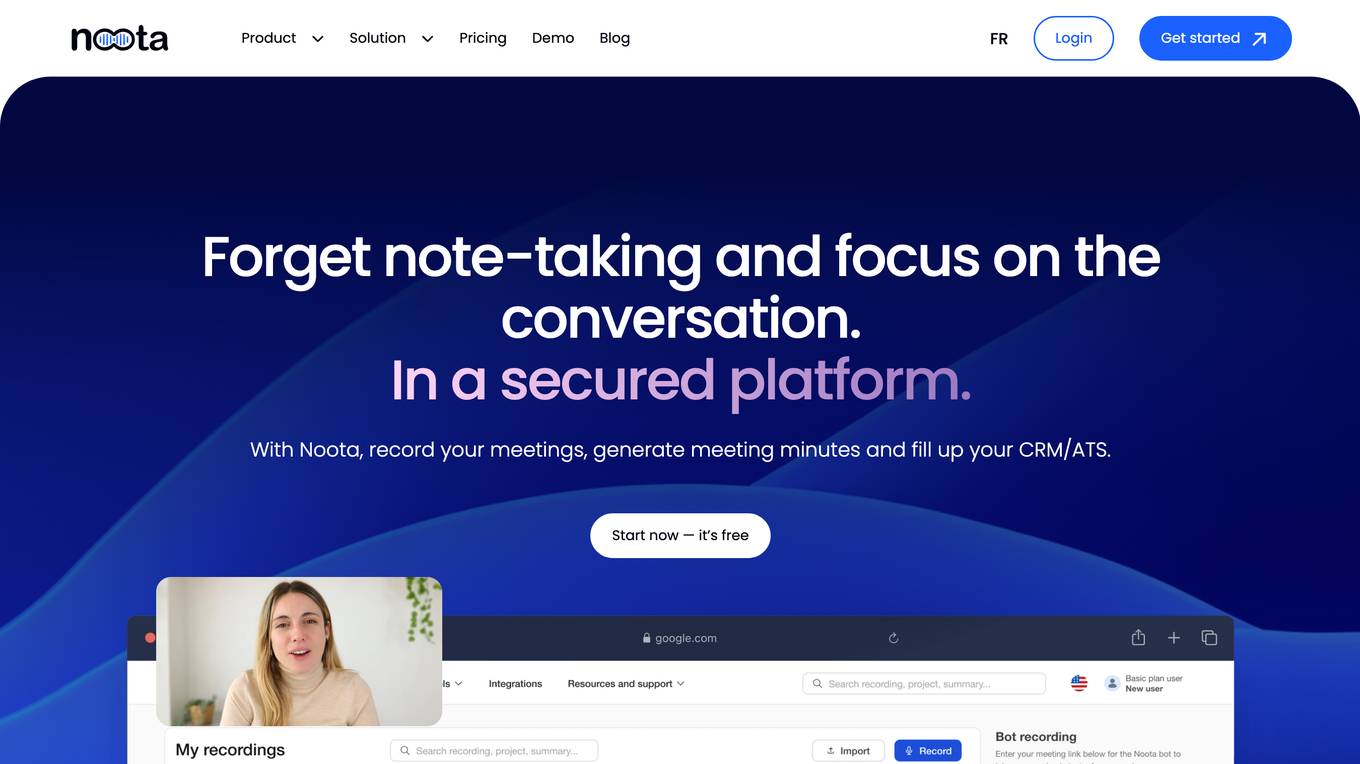
Noota
Noota is a conversational intelligence platform that helps businesses record, transcribe, and generate meeting minutes. It also offers features such as automated interview reports, structured interviews, automated ATS job ad generator, generic meeting recorder, and conversational intelligence. Noota integrates with popular video conferencing platforms such as Zoom, Teams, and Meet, and offers a variety of subscription plans to meet the needs of different businesses.
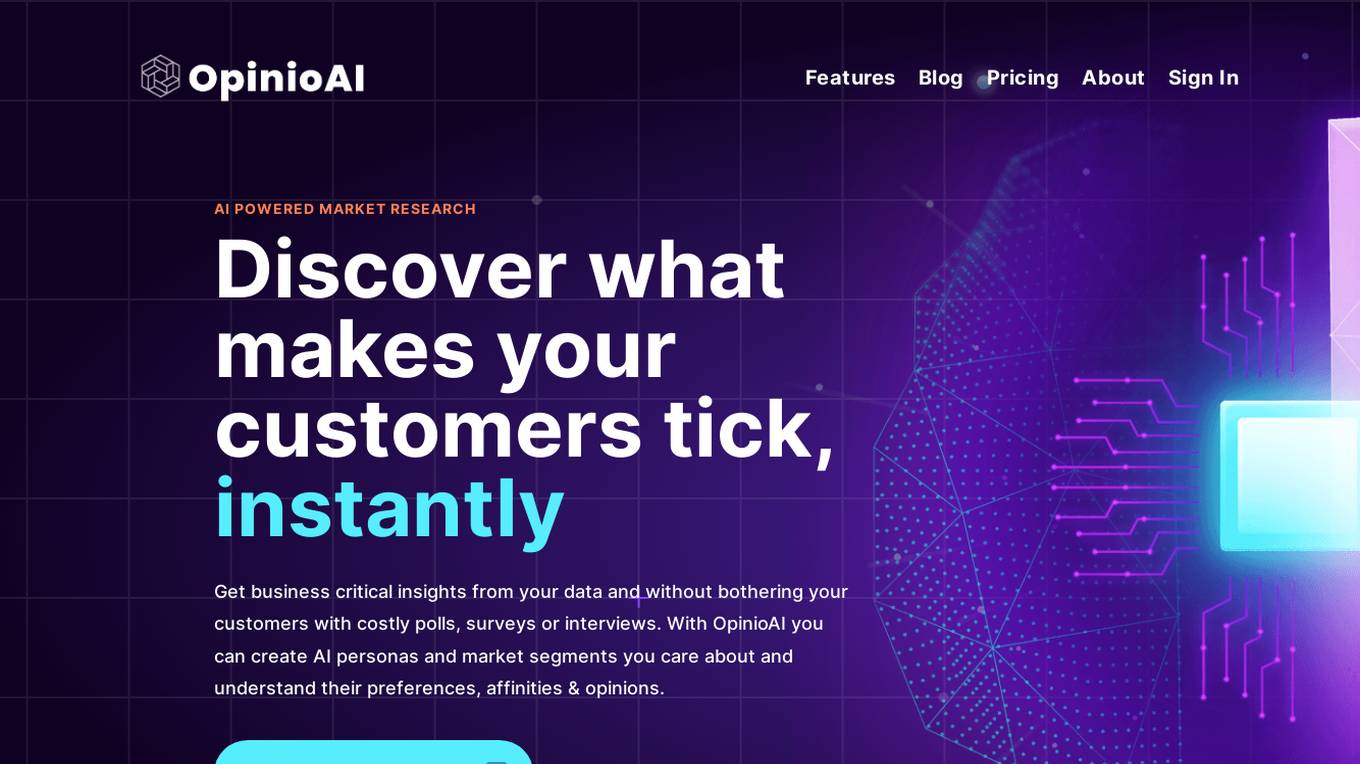
OpinioAI
OpinioAI is an AI-powered market research tool that allows users to gain business critical insights from data without the need for costly polls, surveys, or interviews. With OpinioAI, users can create AI personas and market segments to understand customer preferences, affinities, and opinions. The platform democratizes research by providing efficient, effective, and budget-friendly solutions for businesses, students, and individuals seeking valuable insights. OpinioAI leverages Large Language Models to simulate humans and extract opinions in detail, enabling users to analyze existing data, synthesize new insights, and evaluate content from the perspective of their target audience.
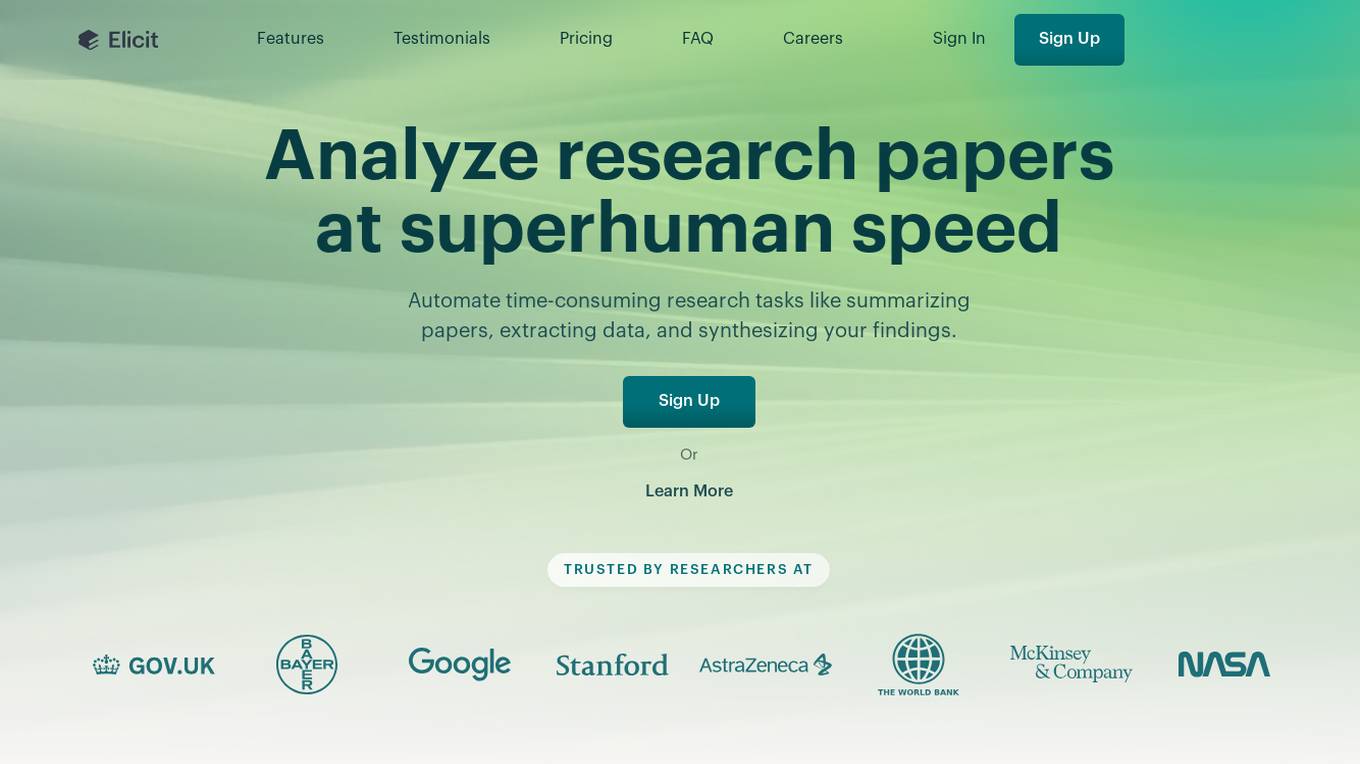
Elicit
Elicit is an AI research assistant that helps researchers analyze research papers at superhuman speed. It automates time-consuming research tasks such as summarizing papers, extracting data, and synthesizing findings. Trusted by researchers, Elicit offers a plethora of features to speed up the research process and is particularly beneficial for empirical domains like biomedicine and machine learning.
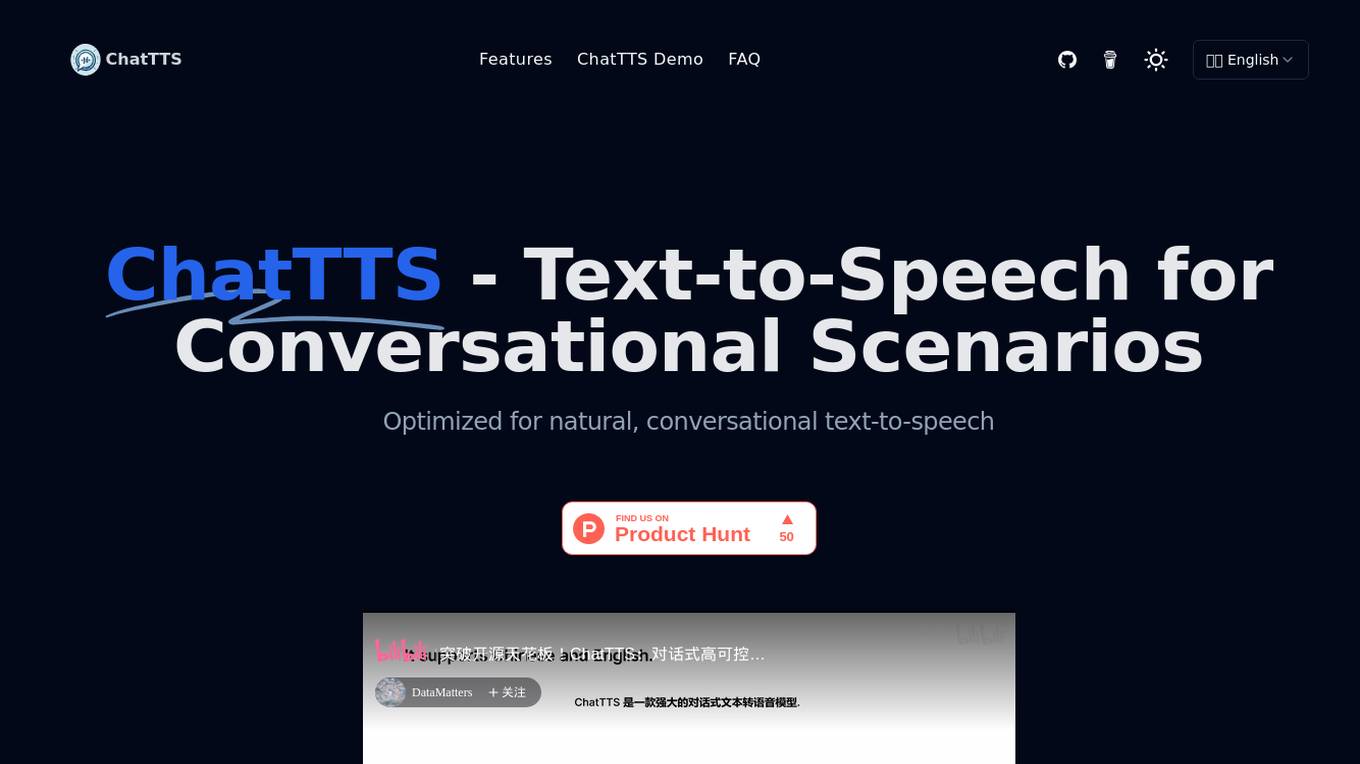
ChatTTS
ChatTTS is a text-to-speech tool optimized for natural, conversational scenarios. It supports both Chinese and English languages, trained on approximately 100,000 hours of data. With features like multi-language support, large data training, dialog task compatibility, open-source plans, control, security, and ease of use, ChatTTS provides high-quality and natural-sounding voice synthesis. It is designed for conversational tasks, dialogue speech generation, video introductions, educational content synthesis, and more. Users can integrate ChatTTS into their applications using provided API and SDKs for a seamless text-to-speech experience.
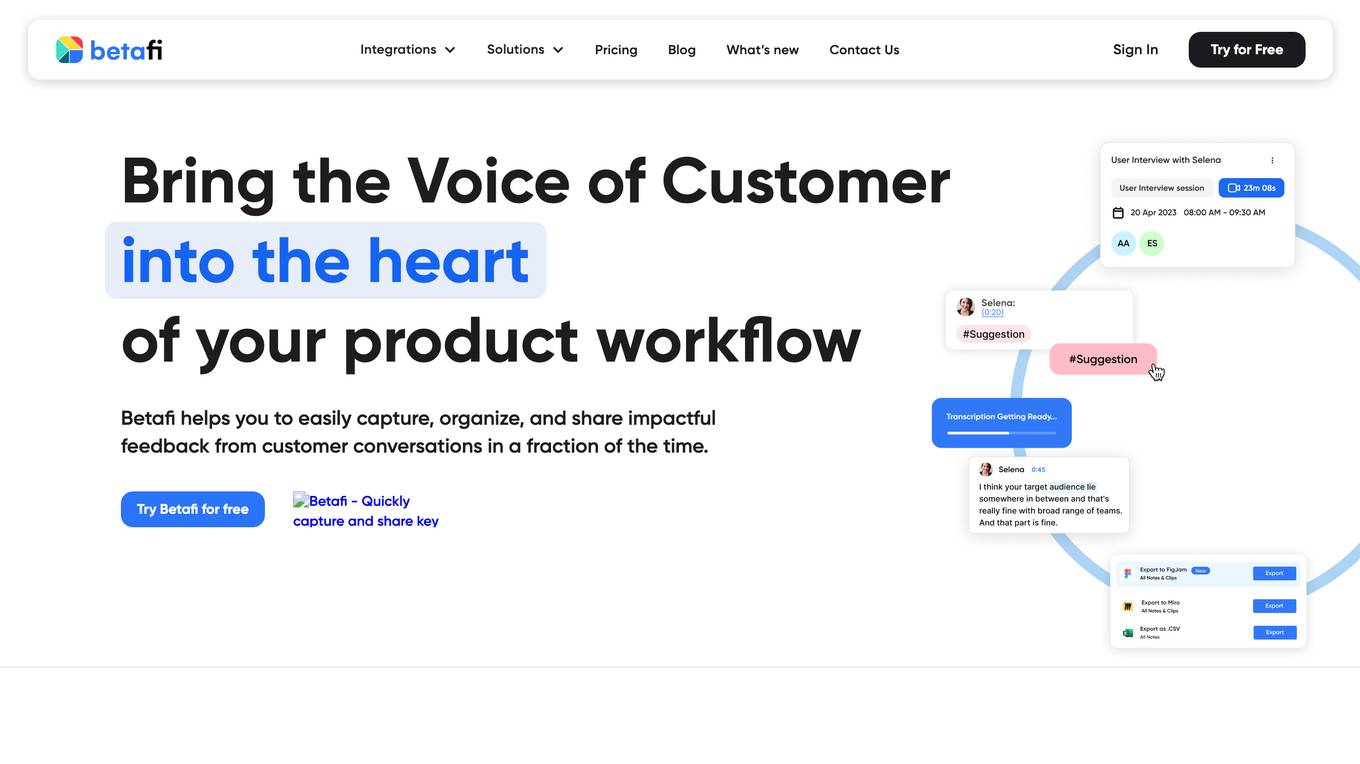
Betafi
Betafi is a cloud-based user research and product feedback platform that helps businesses capture, organize, and share customer feedback from various sources, including user interviews, usability testing, and product demos. It offers features such as timestamped note-taking, automatic transcription and translation, video clipping, and integrations with popular collaboration tools like Miro, Figma, and Notion. Betafi enables teams to gather qualitative and quantitative feedback from users, synthesize insights, and make data-driven decisions to improve their products and services.
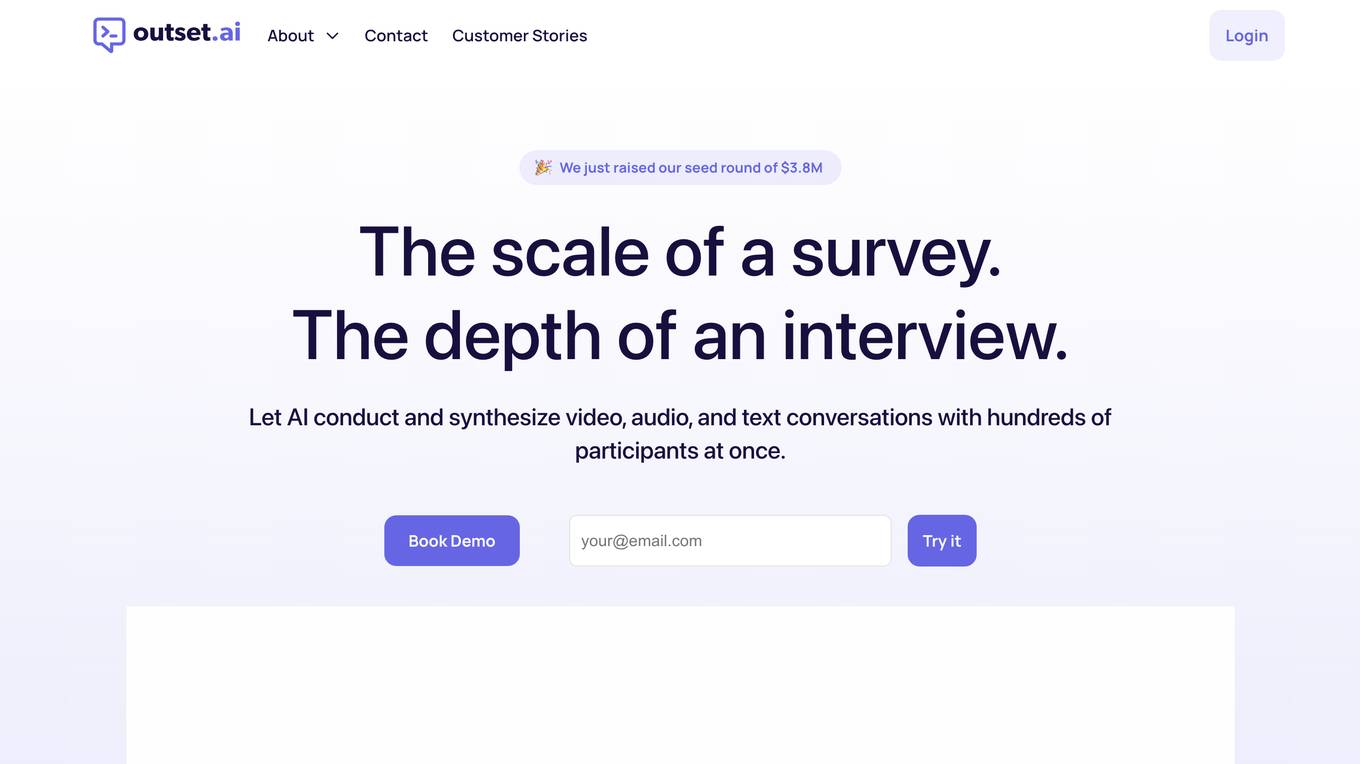
Outset
Outset is an AI-powered research platform that enables users to conduct and synthesize video, audio, and text conversations with hundreds of participants at once. It uses AI to moderate conversations, identify common themes, tag relevant conversations, and pull out powerful quotes. Outset is designed to help researchers understand the 'why' behind answers and gain deeper insights into the people they serve.
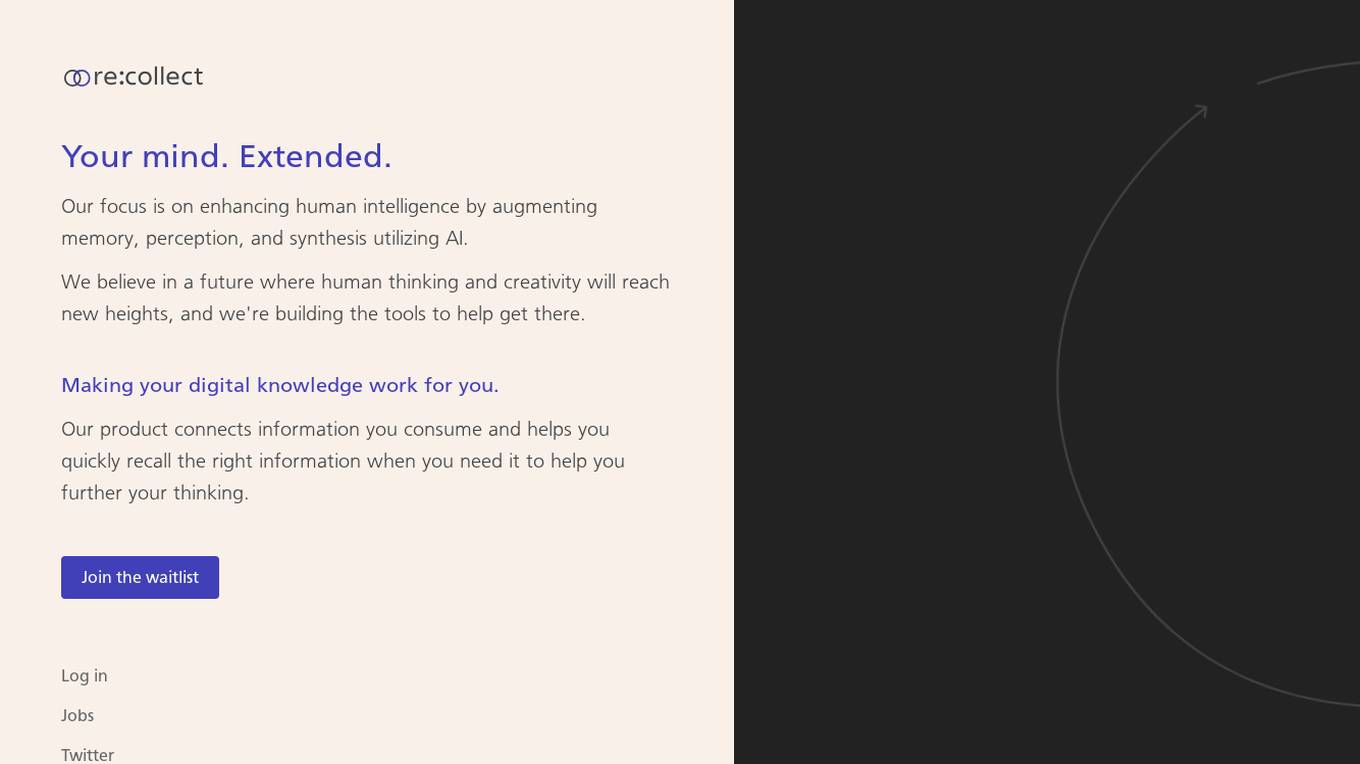
re:collect
re:collect is an AI-powered tool that helps you enhance your memory, perception, and synthesis. It connects the information you consume and helps you quickly recall the right information when you need it. With re:collect, you can:
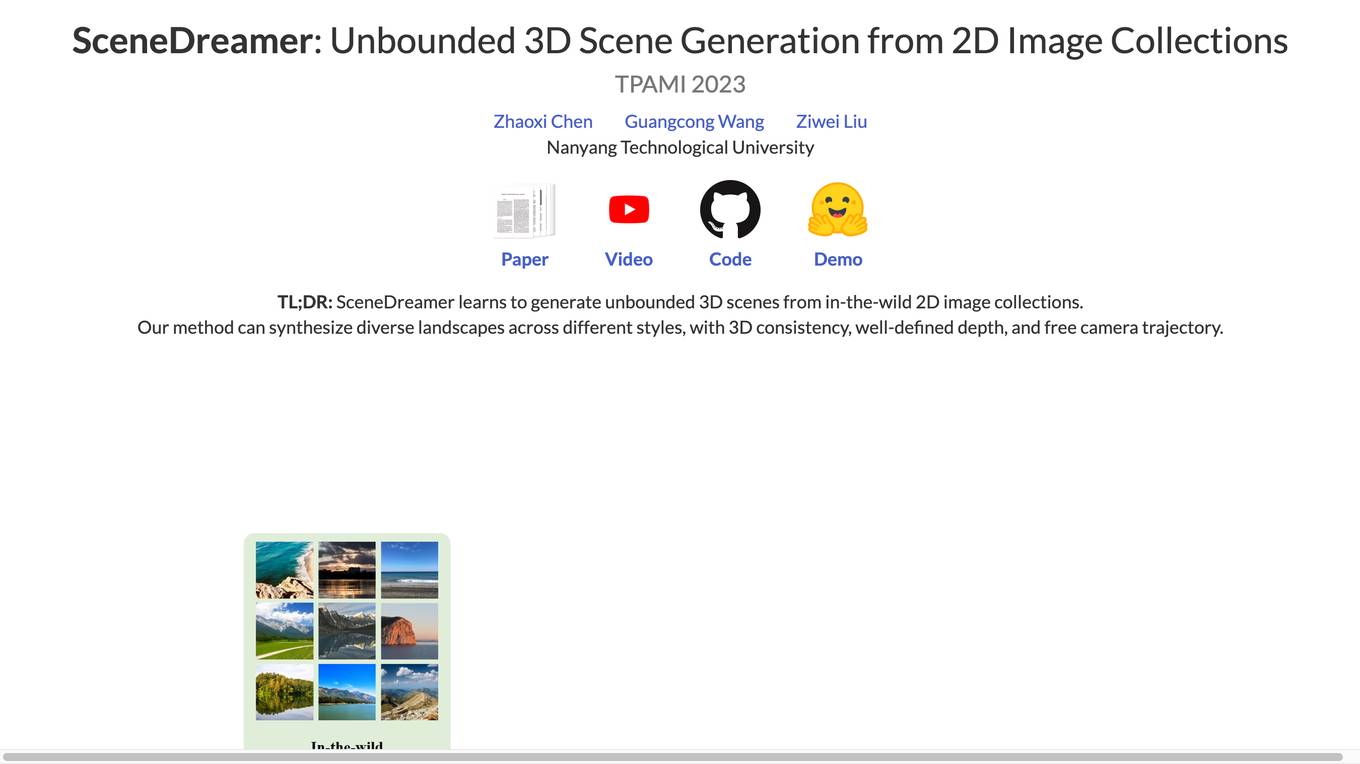
SceneDreamer
SceneDreamer is an AI tool that learns to generate unbounded 3D scenes from in-the-wild 2D image collections. It synthesizes diverse landscapes with 3D consistency, well-defined depth, and free camera trajectory. The framework comprises an efficient 3D scene representation, generative scene parameterization, and a neural volumetric renderer. SceneDreamer does not require 3D annotations and demonstrates superiority over state-of-the-art methods in generating vivid and diverse unbounded 3D worlds.
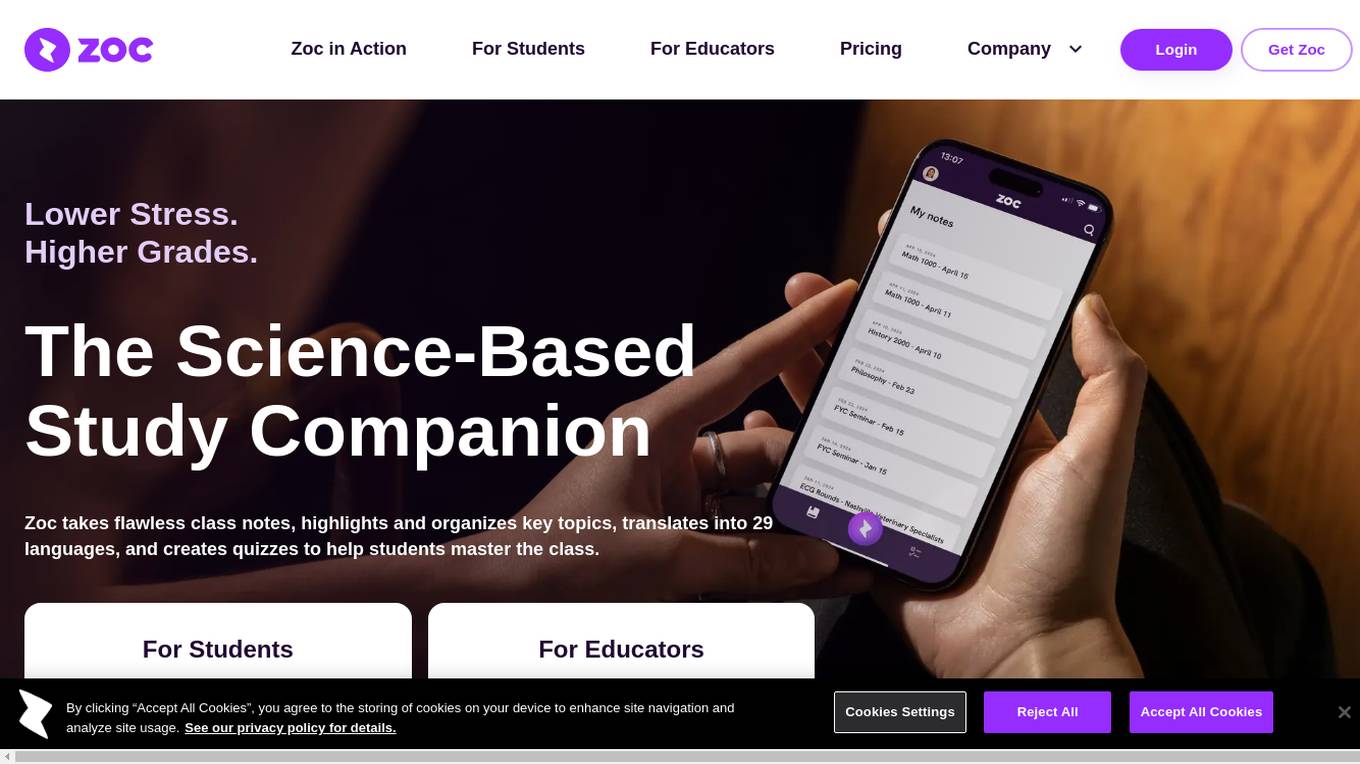
Zoc
Zoc is an AI-powered note-taking application designed for students and educators to enhance learning experiences. It offers features such as flawless class note-taking, organizing key topics, translation into multiple languages, and creating quizzes. Zoc aims to increase attention in the classroom, study effectiveness, and student achievement by combining state-of-the-art technology with educational frameworks. The application has received recognition for its responsible AI innovation and commitment to leveling the educational playing field for all students.
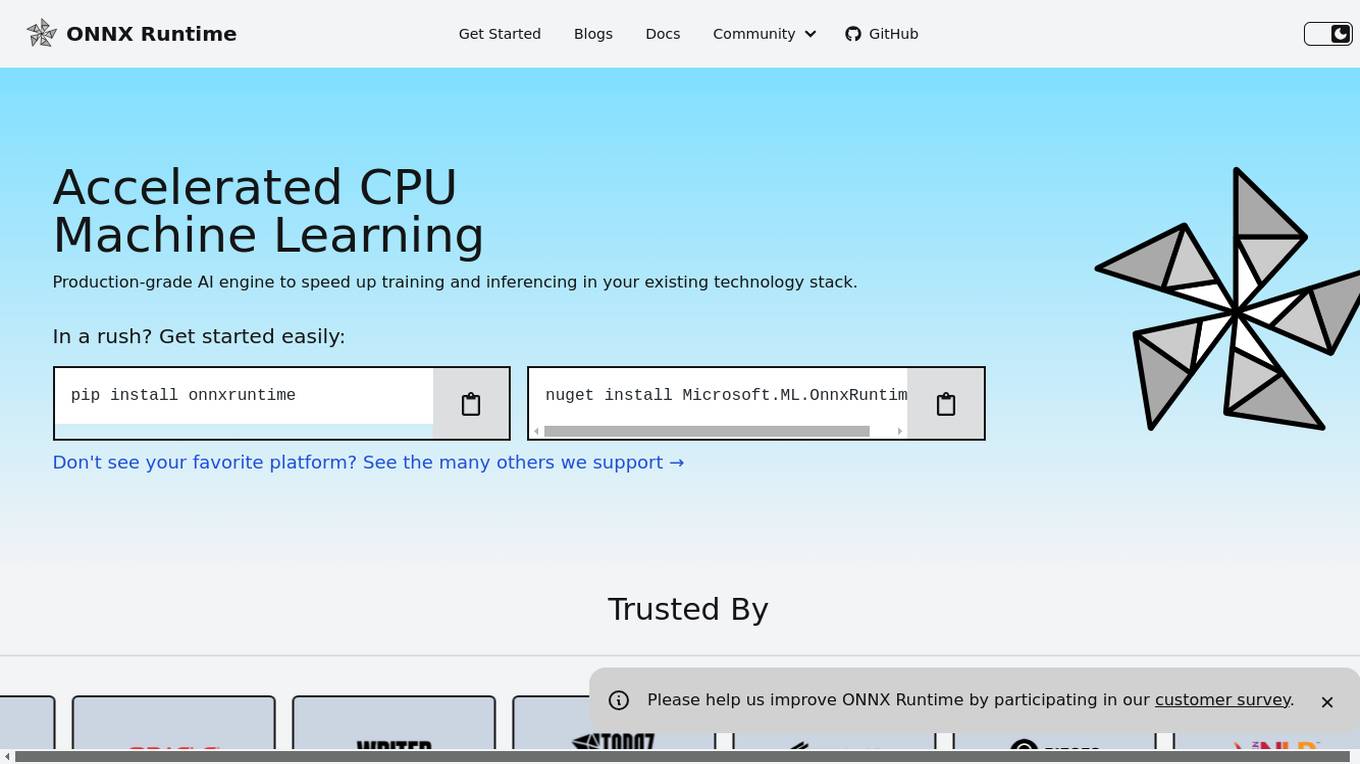
ONNX Runtime
ONNX Runtime is a production-grade AI engine designed to accelerate machine learning training and inferencing in various technology stacks. It supports multiple languages and platforms, optimizing performance for CPU, GPU, and NPU hardware. ONNX Runtime powers AI in Microsoft products and is widely used in cloud, edge, web, and mobile applications. It also enables large model training and on-device training, offering state-of-the-art models for tasks like image synthesis and text generation.
0 - Open Source AI Tools
20 - OpenAI Gpts
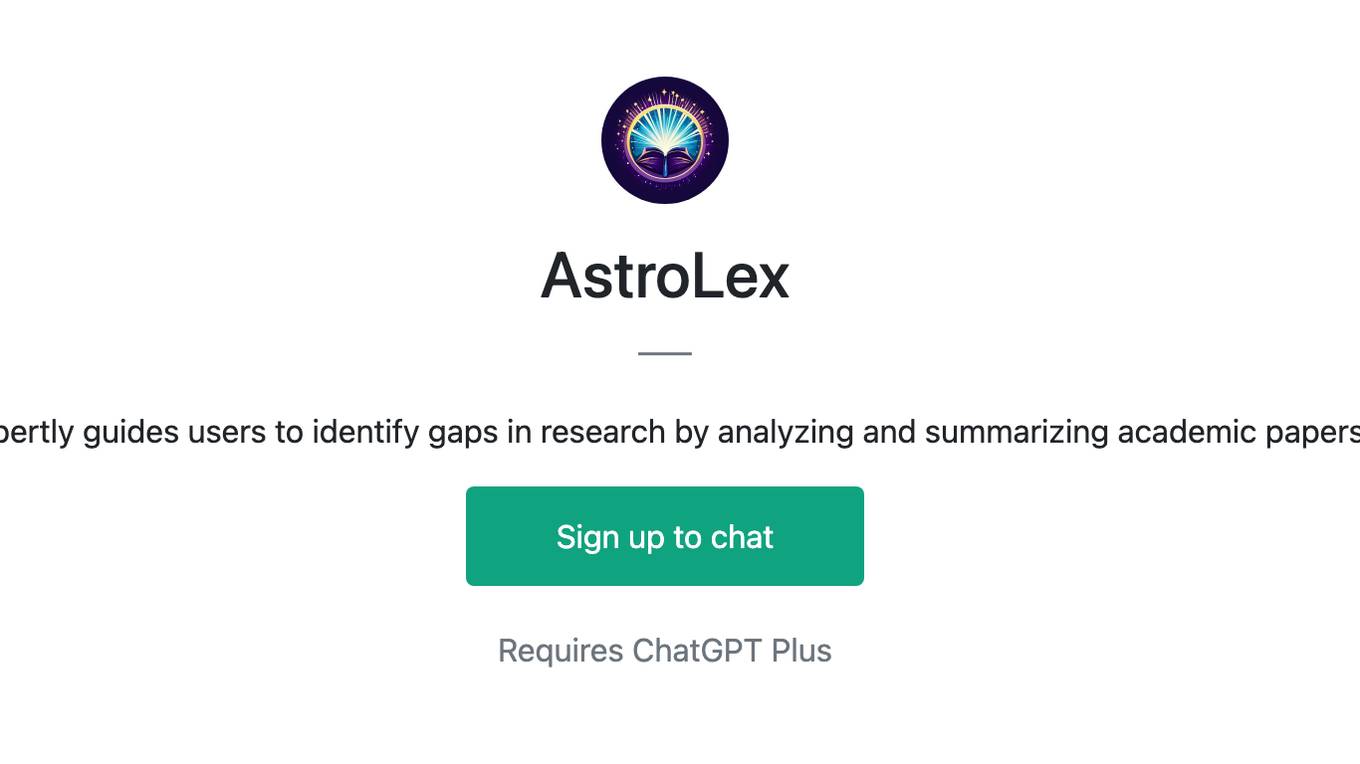
AstroLex
Expertly guides users to identify gaps in research by analyzing and summarizing academic papers.
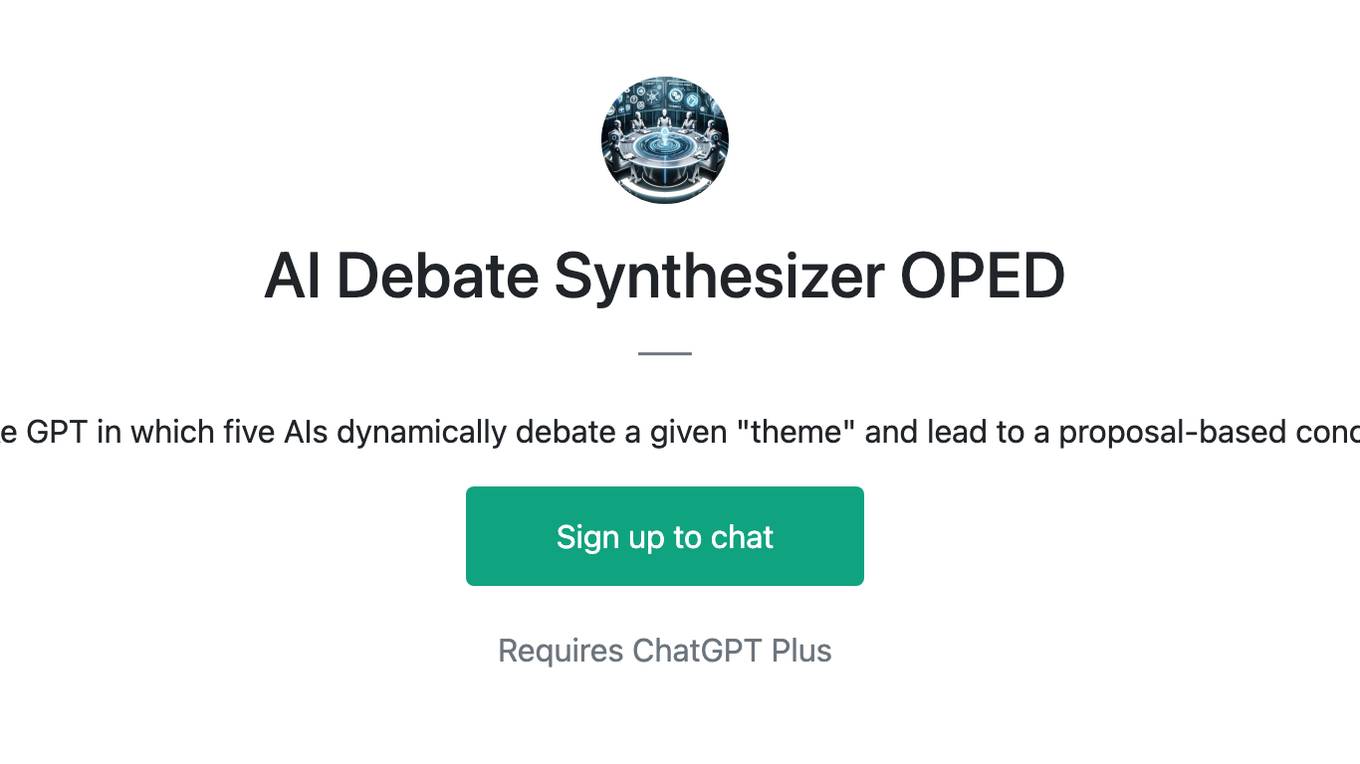
AI Debate Synthesizer OPED
Game-like GPT in which five AIs dynamically debate a given "theme" and lead to a proposal-based conclusion.
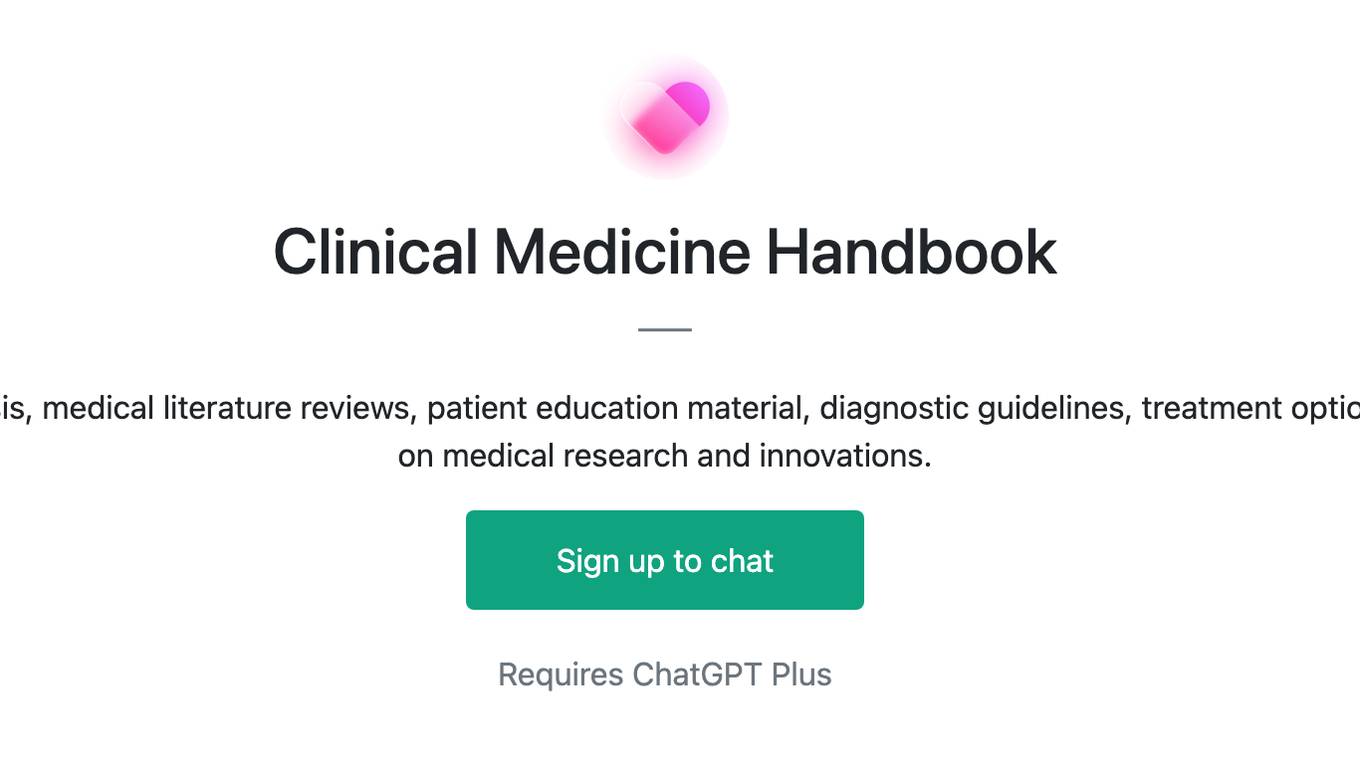
Clinical Medicine Handbook
I can assist doctors with information synthesis, medical literature reviews, patient education material, diagnostic guidelines, treatment options, ethical dilemmas, and staying updated on medical research and innovations.
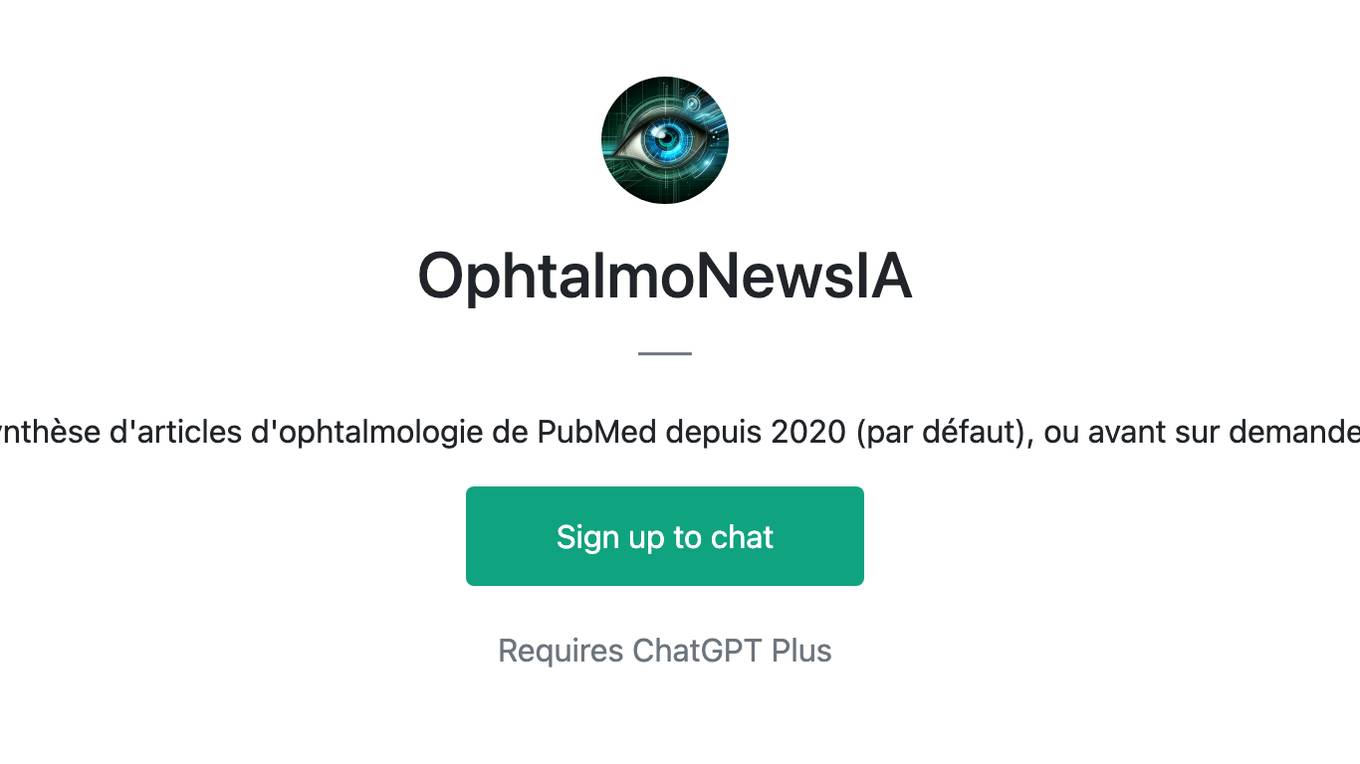
OphtalmoNewsIA
Synthèse d'articles d'ophtalmologie de PubMed depuis 2020 (par défaut), ou avant sur demande

Belgique: Pour qui voter au élections belges 2024
Poser des questions précises sur vos centres d'intéret, expliquer votre situation et demander en conclusion de synthétisé afin d'avoir une vue plus précise. - | intègre la totalité des programmes politiques belges (Electeurs en Wallonnie) |
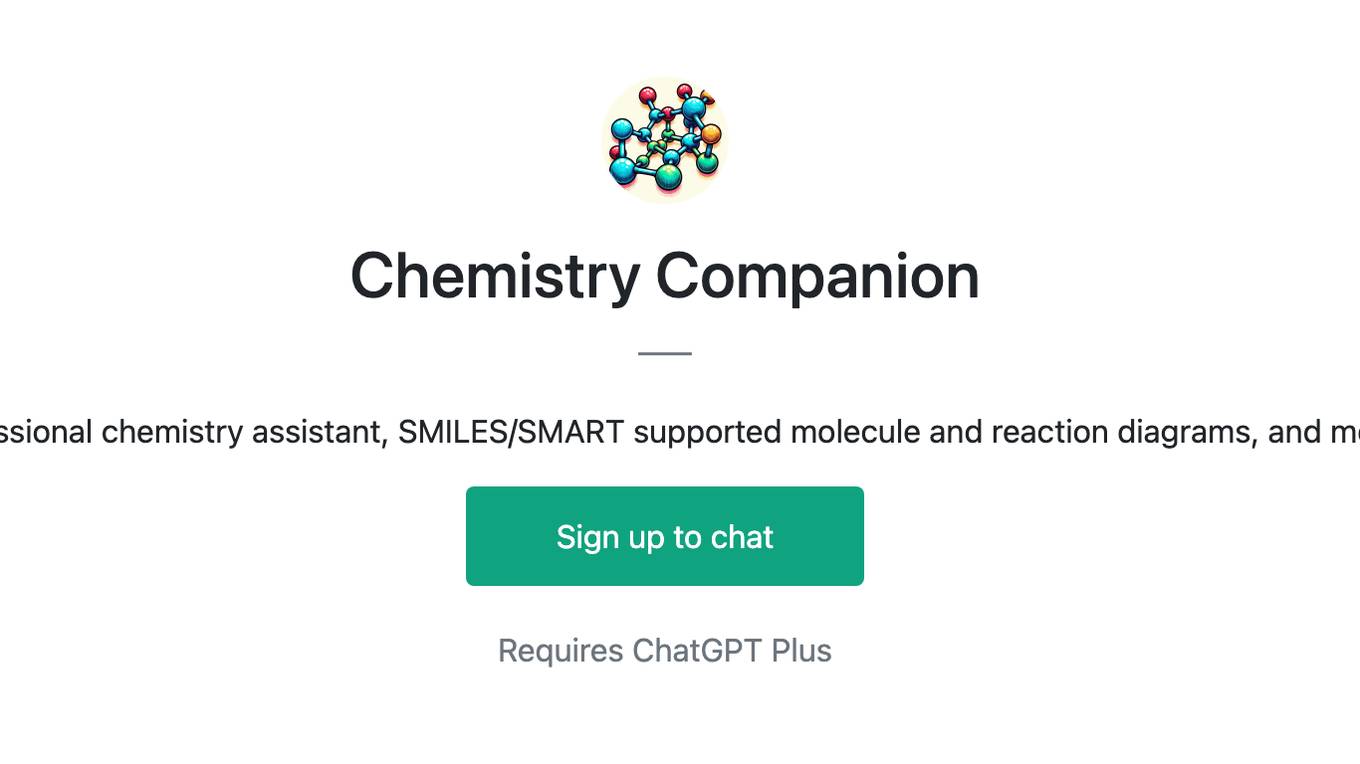
Chemistry Companion
Professional chemistry assistant, SMILES/SMART supported molecule and reaction diagrams, and more!
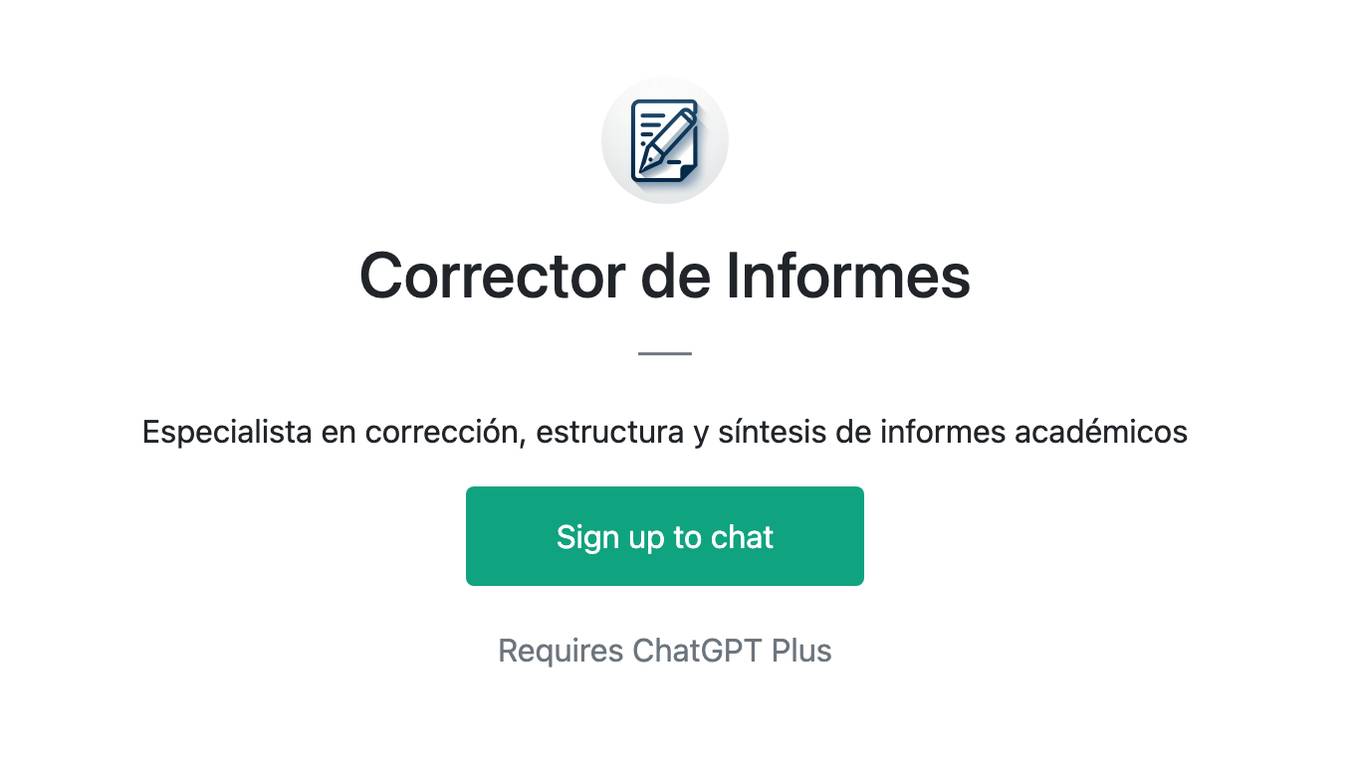
Corrector de Informes
Especialista en corrección, estructura y síntesis de informes académicos
